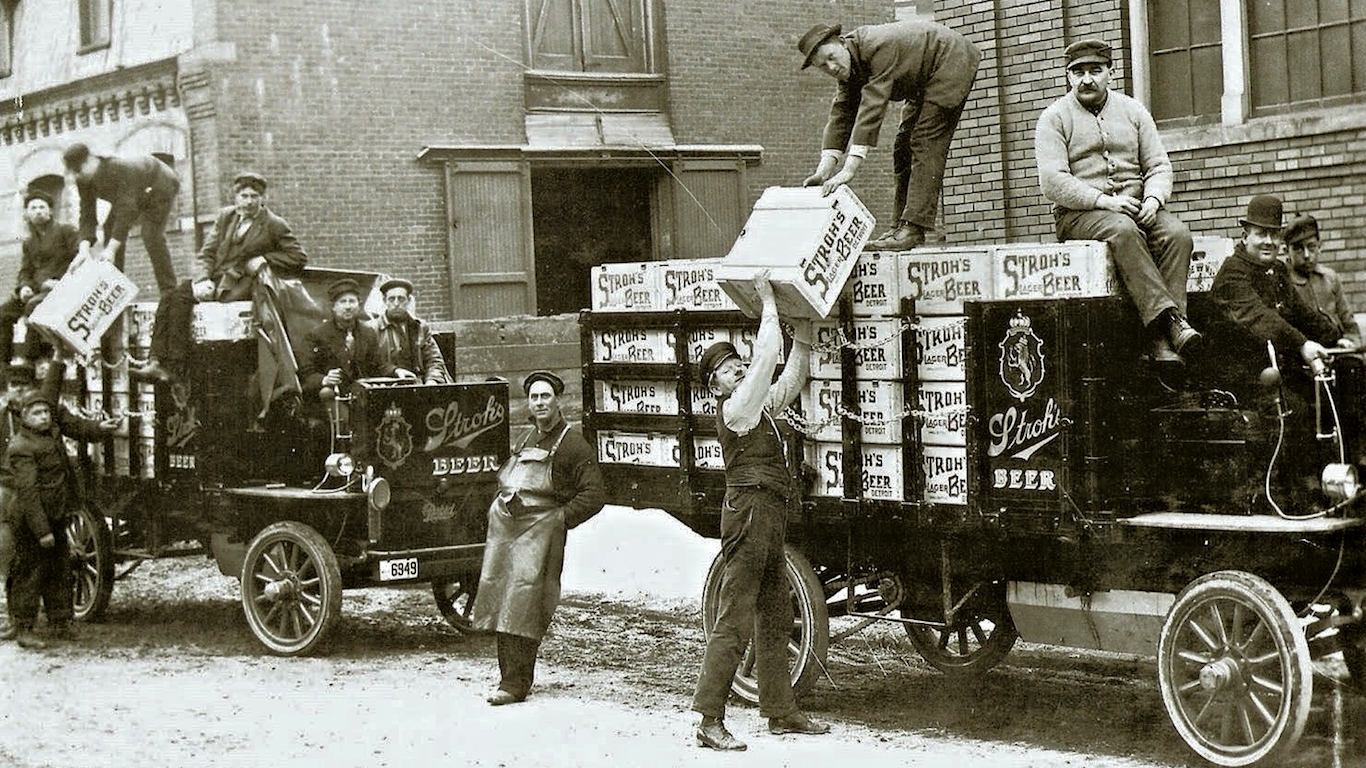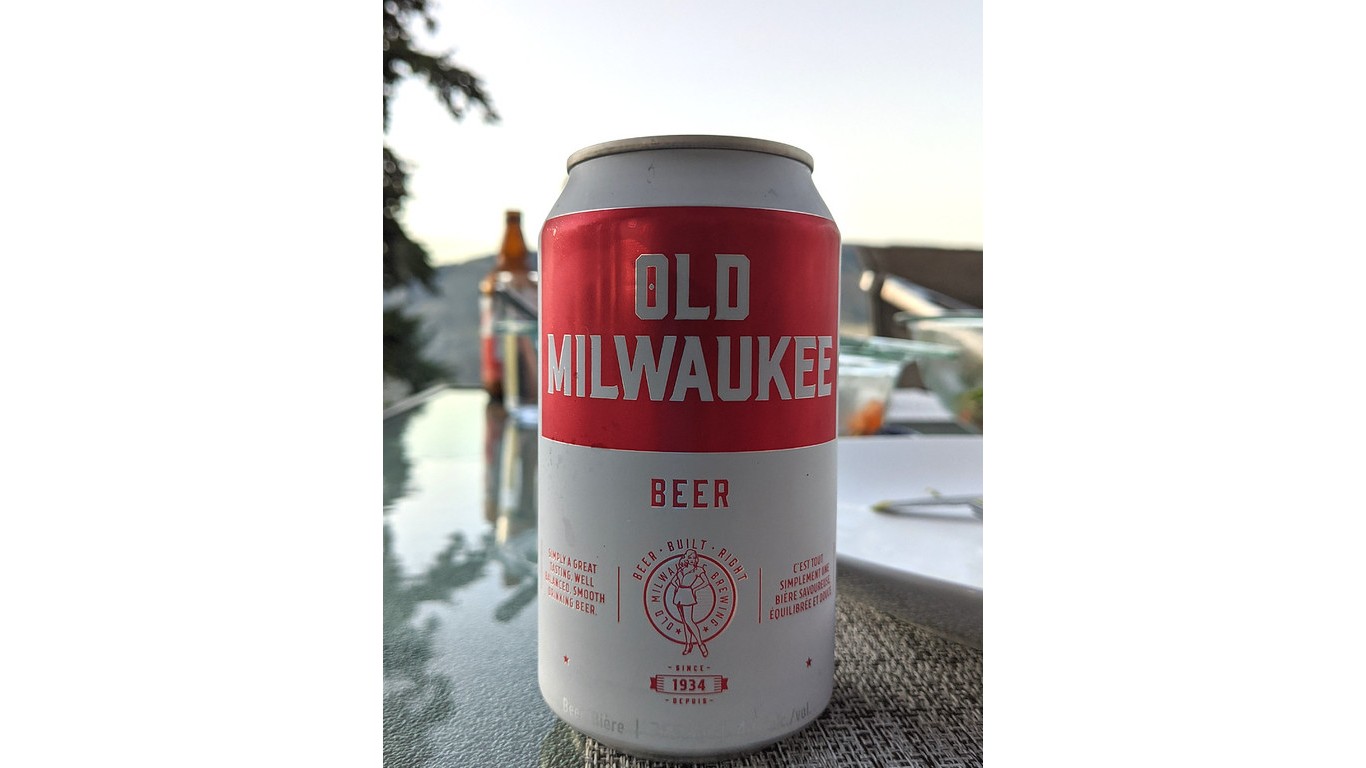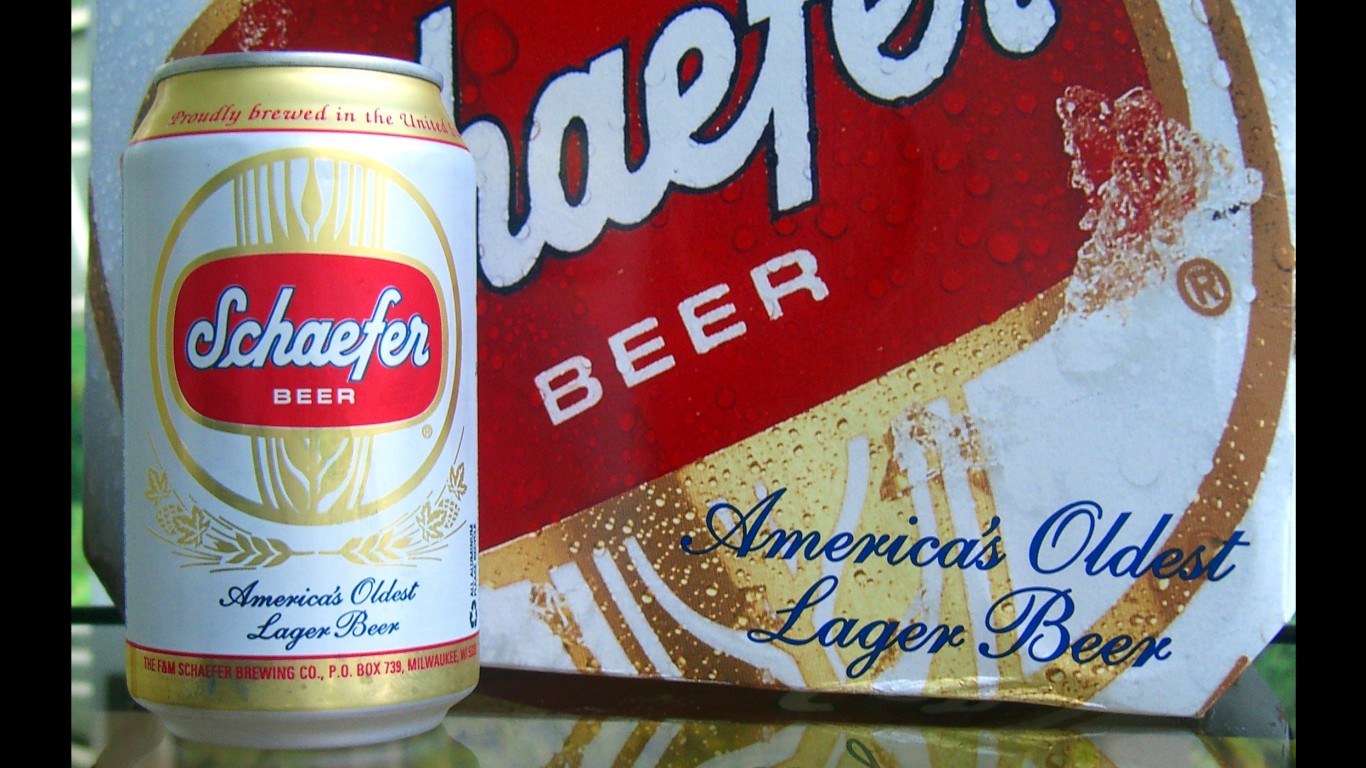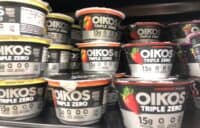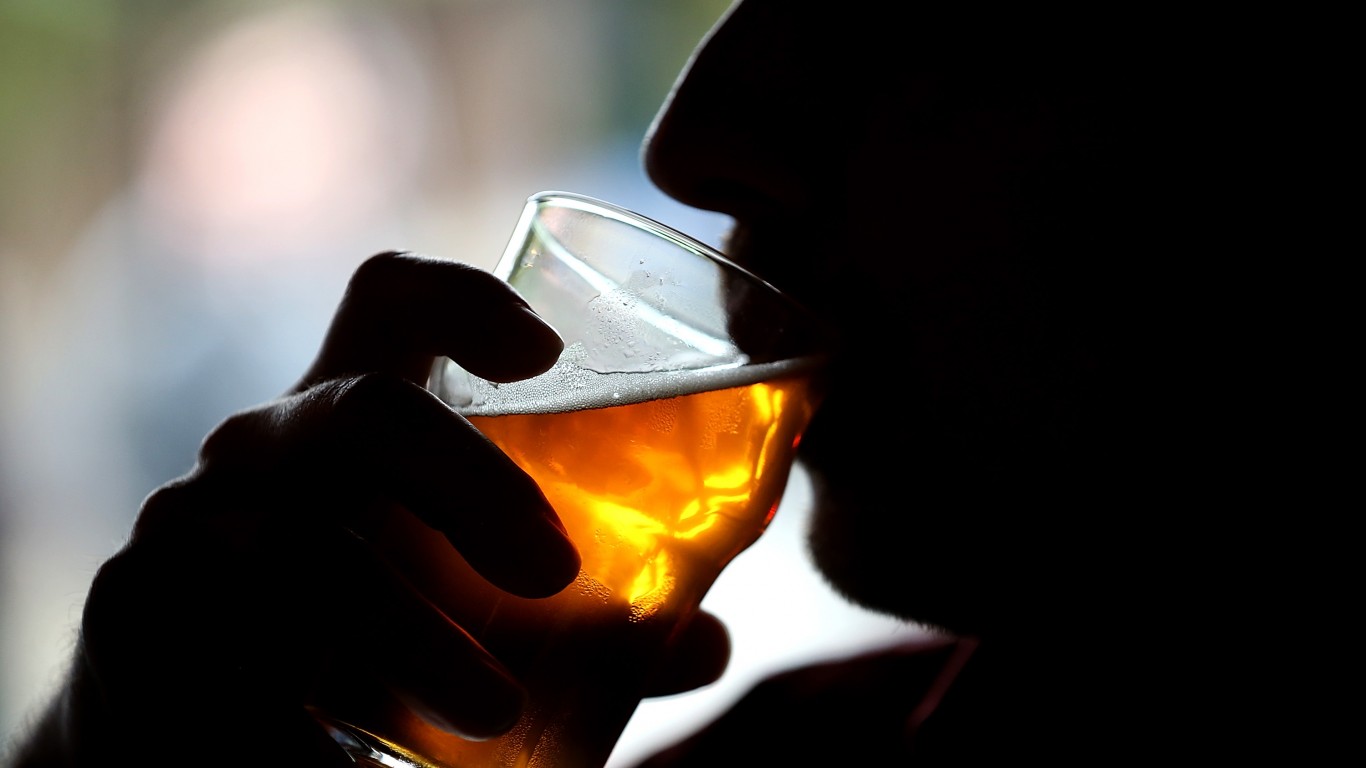
Nearly as many people in America drink beer as those who drink water. That’s something of an exaggeration, but the National Beer Wholesalers Association reports that in 2020, adults in the U.S. consumed over 26.1 gallons of beer and cider per capita, with the beer industry shipping 205 million barrels. A small portion of that deserves particular attention: Yuengling Lord Chesterfield Ale, America’s oldest beer.
Beer is old. Beer-like beverages have probably been made for about 9,000 years. There is evidence that the earliest examples were brewed in the Middle East around 7,000 B.C. By 3,000 B.C., beer was present in Europe. Over the centuries, Germany became known as the home of master brewers.
24/7 Tempo reviewed information from various media sources and breweries themselves to determine America’s oldest beers. The first recorded one brewed on American soil dates all the way back to 1587, and the first commercial brewery popped up in 1632. However, the oldest continuously operating brewery in America dates only from the 1800s. That brewery is still making the same beers that it did nearly 200 years ago.
Yuengling was founded by David G. Yuengling in Pottsville, Pennsylvania, in 1829 – more than a dozen years before the next-oldest widely available beer that is still sold today (Schaefer Lager). Originally called Eagle Brewery, the name was changed to D.G. Yuengling & Son in 1873. During Prohibition, Yuengling sold dairy products and near-beer to remain profitable. (Here’s the best beer in every state and D.C.)
The oldest beers in America originated in only a handful of states, with Wisconsin, Pennsylvania, Minnesota, and Missouri home to several of them. In some states, whether it is because of climate and culture, beer consumption is far higher than others. (Learn which states are drinking the most beer.)
Click here to see America’s oldest beers
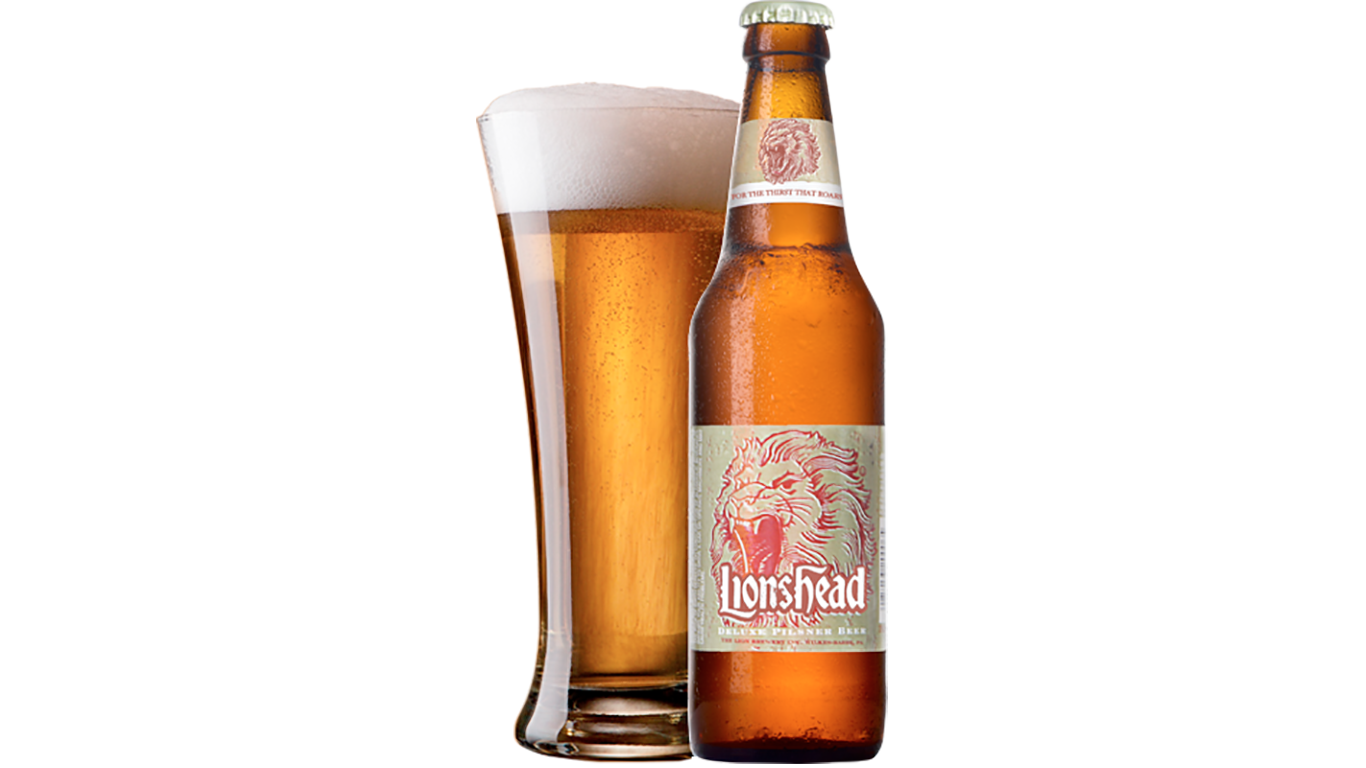
30. Lionshead Pilsner
> Year introduced: 1905
> State of origin: Pennsylvania
> Parent company: Lion Brewery
Started in 1905 as the Luzerne County Brewing Company, the name was changed to Lion Brewery just four years after the brewery’s inception. Today, it is the second largest brewery in Pennsylvania and the 15th largest American-owned brewery, distributing its beers throughout the Northeast. Lion Brewery reports selling more than 750,000 cases of its pilsner every year.
[in-text-ad]
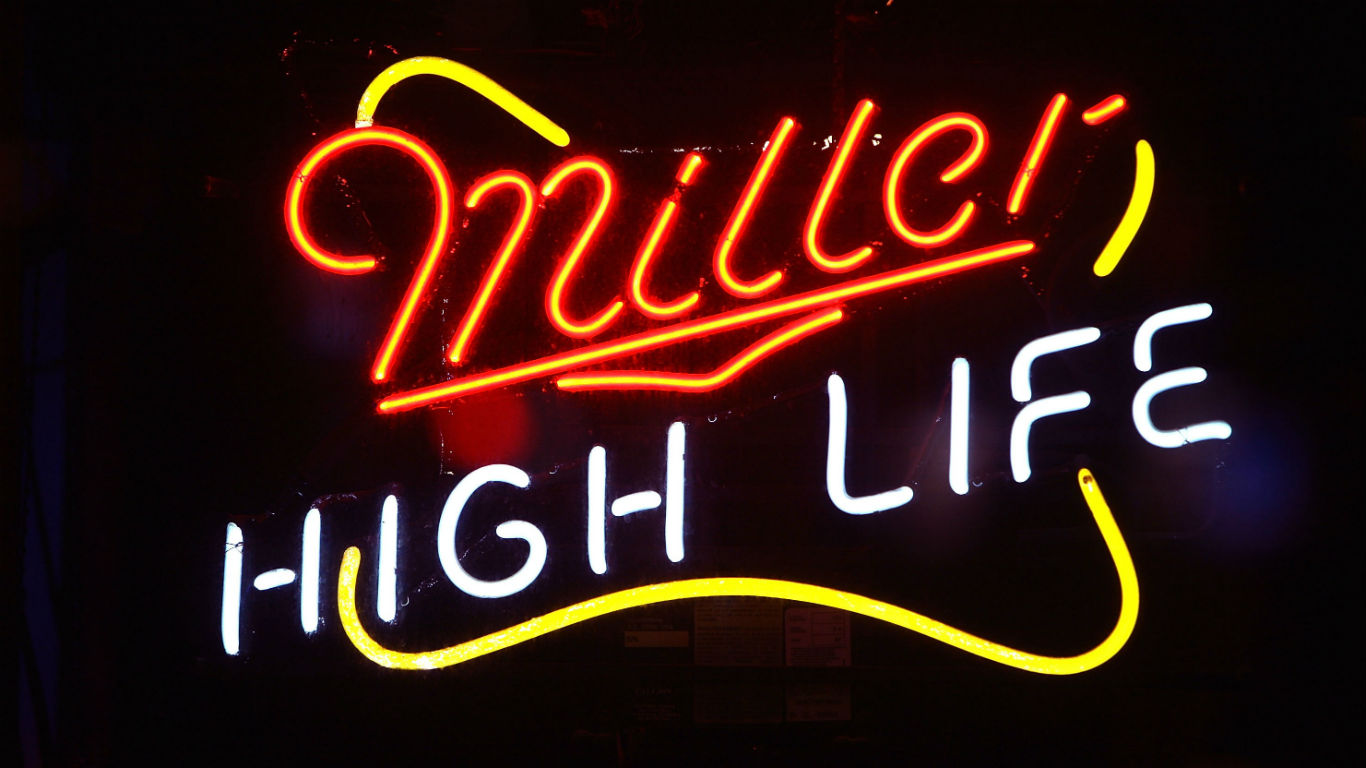
29. Miller High Life
> Year introduced: 1903
> State of origin: Wisconsin
> Parent company: Molson Coors Brewing Company
Miller High Life may be pegged as the champagne of beers for its light color and fizzy taste, but for years the relatively inexpensive brew has attracted people from all different socioeconomic backgrounds.The bottled-beer was not always cheap, though. Upon its inception in 1903 by Frederick Miller of Milwaukee, the pilsner was considered more of a luxury than an ordinary brew.
Though High Life currently ranks among the most popular beers in the country, it appears to be losing favor among beer drinkers. Shipments dropped 11.8% from 2018 to 2019, down to 3.0 million barrels.
28. Heileman’s Old Style
> Year introduced: 1902
> State of origin: Wisconsin
> Parent company: Pabst Brewing Company
Called Golden Leaf Lager in the 1890s, the name was changed to Heileman’s Old Style before hitting the market in 1902. Old Style was first brewed in La Crosse, Wisconsin, but as the beer’s popularity surged, it became one of Chicago’s most iconic brews, as if it had been created in-state. By 1950, Old Style was a major sponsor of the Chicago Cubs. The brew’s legend lives on, as it is still served at Wrigley Field today.
In 2016, Old Style resumed production in the beer’s hometown of La Crosse at the original City Brewery to brew its newest addition, Oktoberfest.
27. Primo
> Year introduced: 1897
> State of origin: Hawaii
> Parent company: Pabst Brewing Company
The Honolulu Brewing & Malting Company founded Primo just before the beginning of the 20th century. Since its inception, Primo has halted production of the lager several times. Aside from stopping production during the 13 years of Prohibition, the brewing of Primo stopped for a decade in 1997. Pabst Brewing Co. bought the Primo brand in 1999 and resumed production in 2007, after Pabst partnered with Kaua’i’s Keoki Brewing Co. to bring the classic drink back.
[in-text-ad-2]
26. Olympia Beer
> Year introduced: 1896
> State of origin: Washington
> Parent company: Pabst Brewing Company
Just seven years after Washington became a state, Olympia beer was born — which makes it one of the country’s oldest beers still sold today. Brewmaster Leopold Schmidt founded Olympia Brewing Co., then Capital Brewing Company, in 1896 in an area with several natural artesian wells. The name changed to Olympia Brewing Co. in 1902, the same year the slogan “It’s the Water” was adopted. Pabst Brewing Company bought the brand in 1983 and the rest is history.
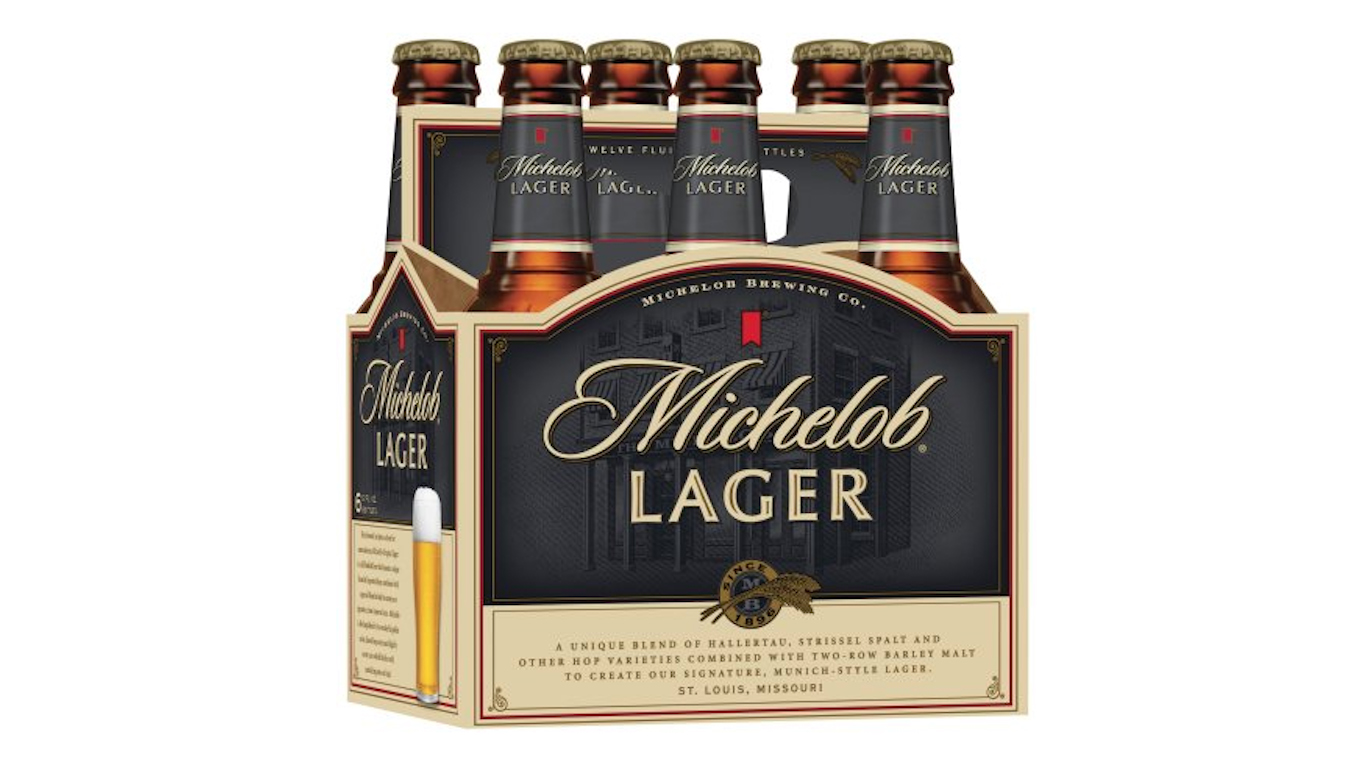
25. Michelob Original Lager
> Year introduced: 1896
> State of origin: Missouri
> Parent company: Anheuser-Busch InBev SA/NV
Modeled after European-style pilsners and marketed as a beer for connoisseurs, Michelob Original Lager was first brewed in 1896 in St. Louis, Missouri. Michelob was not widely distributed until 1961, when Anheuser-Busch developed a pasteurized version of the beer that could be shipped legally across state lines.
While Michelob Original Lager is not a top-selling beer these days, it spawned one of the most popular beers in America. Michelob Ultra, a low calorie, low carb beer marketed to beer drinkers with an active lifestyle, shipped 6.4 million barrels in 2016, more than all but a handful of other beer brands.
[in-text-ad]
24. Anchor Steam Beer
> Year introduced: 1896
> State of origin: California
> Parent company: Anchor Brewing Company
First brewed in San Francisco in 1896, Anchor Steam is one of America’s oldest beers that is still widely consumed today.
Anchor Steam Beer derives its name from a unique brewing process characteristic of a bygone era. Following the California Gold Rush in the latter half of the 19th century, beer makers in the San Francisco area would cool fermenting beer in vats on brewery rooftops. This process of warm beer cooling in the cold air would create clouds of steam. Consequently, nearly every beer from that time and place in history was nicknamed “steam” beer.
23. Narragansett
> Year introduced: 1890
> State of origin: Rhode Island
> Parent company: Narragansett Brewing Company
The New England region is home to hundreds of craft breweries, large and small. Well over a century before many of these brewed a drop, however, there was Narragansett Brewing Company. Founded in Rhode Island in 1888, the brewery churned out its first beer, Narragansett, in 1890.
Officially becoming New England’s largest brewery in 1914, Narragansett nearly went under during Prohibition. The company, which survived the dry spell by selling beer for strictly medicinal purposes, has weathered significant ups and downs ever since. Today, Narragansett is one of the oldest beers in America and is widely available throughout the mid-Atlantic and Northeastern states.
22. National Bohemian Beer
> Year introduced: 1885
> State of origin: Maryland
> Parent company: Pabst Brewing Company
National Bohemian, colloquially referred to as Natty Boh, was first brewed by National Brewing Company in Baltimore, Maryland, in 1885. Though Pabst Brewing Company bought the brand in 1999, it retained its iconic logo, and it remains one of the oldest beers in the United States.
While many beer drinkers outside of the mid-Atlantic region may never have heard of National Bohemian, they are certainly familiar with one of the brand’s contributions to the beverage industry. In the late 1940s, Natty Boh became the first beer to be sold in six-packs.
[in-text-ad-2]
21. Schmidt
> Year introduced: 1884
> State of origin: Minnesota
> Parent company: Pabst Brewing Company
Minnesota was full of family-owned breweries back in the late 1800s, and Schmidt’s was one of the first. Founder and brewmaster Jacob Schmidt moved to St. Paul, Minnesota, in 1884, where he purchased a large stake in the North Star Brewery. Schmidt ended up retiring in 1899 and passing ownership of the company to his daughter and son-in-law.
The brewery’s name changed to the Jacob Schmidt Brewing Company in 1901 and remained that way until 1955. Images of wildlife on the surface of the Schmidt beer can and the slogan, “Official Beer of the American Sportsman,” illustrates Schmidt’s brewing tradition of accentuating the rugged appeal of the Pacific Northwest.
20. Lone Star
> Year introduced: 1884
> State of origin: Texas
> Parent company: Pabst Brewing Company
Lone Star beer was first brewed in San Antonio, Texas, in 1884. With sales peaking at 65,000 barrels a year, Lone Star was popular until the start of Prohibition in 1920, when the brewery was forced to close its doors. The brand did not return until 1940, when the Muehlebach Brewing Company of Kansas City, Missouri, rebranded itself as Lone Star and began brewing the beer again in San Antonio, Texas. Though the brewery closed in 1996 after more than half a century, Pabst Brewing Company bought the label in 1999 and continues to brew the beer in the Lone Star State.
[in-text-ad]
19. Rainier
> Year introduced: 1883
> State of origin: Washington
> Parent company: Pabst Brewing Company
To some, Rainier might not sound like the name of a beer that’s brewed domestically. Andrew Hemrich, the son of a German immigrant, teamed up with John Kopp to produce Rainier beer, though they didn’t start the brewery until a few years after, in 1883. The Seattle-based brewery, which went through several name changes — The Bayview Brewery, Sweeney’s Brewery, and then Seattle’s Brewing and Malting Company — reopened after the Prohibition era as Rainier Brewing Company in San Francisco.
18. Genesee
> Year introduced: 1878
> State of origin: New York
> Parent company: Genesee Brewing Company
Though it was not the first brewery to open in Rochester, New York, the Rau & Reisky Brewery opened for business over 150 years ago, in 1857. Some 21 years later, entrepreneur Mathius Kondolf bought the operation and renamed it Genesee Brewery. Despite being closed for more than a decade during Prohibition, the brewery invested $1.3 million into operations anticipating the ban on alcohol would be repealed soon.
In addition to the original Genesee beer, the brewery introduced its popular Cream Ale in 1960 and Genesee Light in 1978.
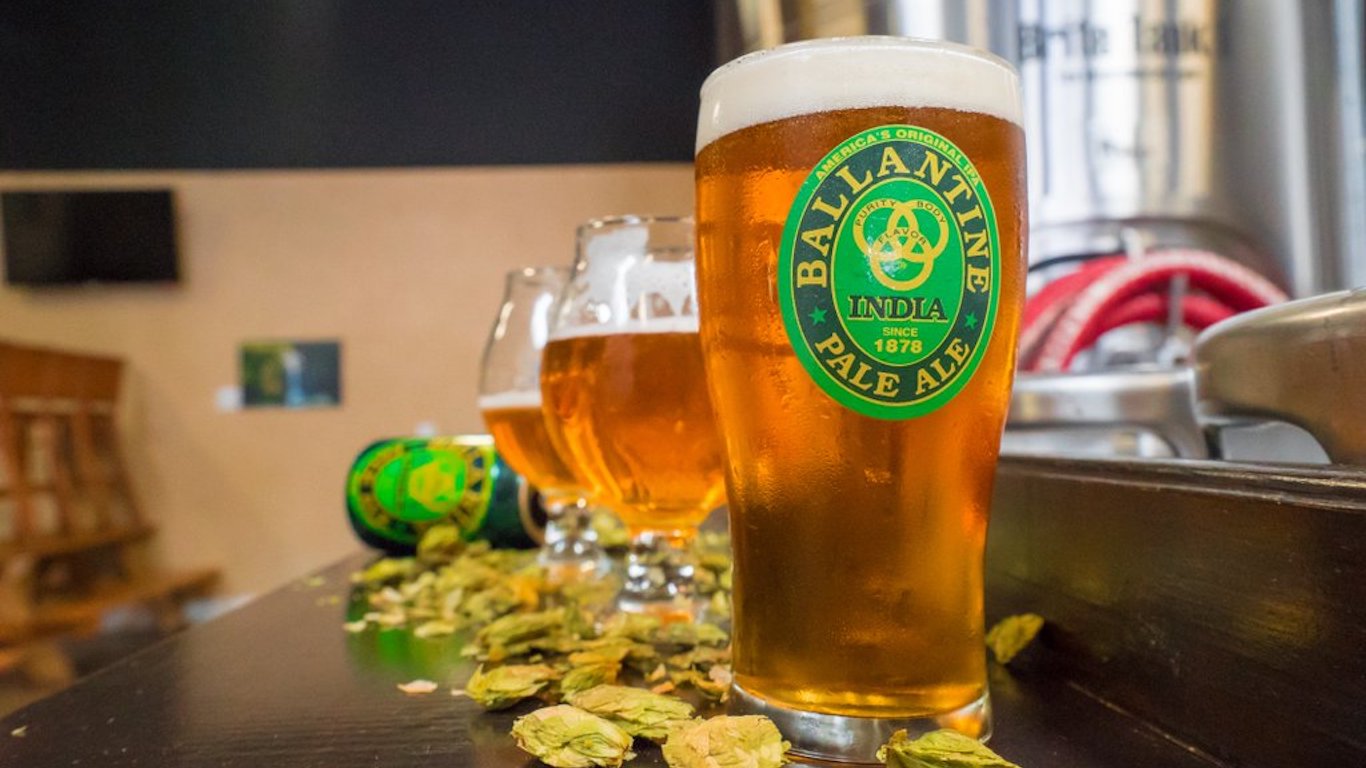
17. Ballantine IPA
> Year introduced: 1878
> State of origin: New Jersey
> Parent company: Pabst Brewing Company
Ballantine IPA was first brewed in 1878 in Newark, New Jersey, at Ballantine Brewing Co. The legendary beer survived until the 1970s, when a wave of big-brand lagers overwhelmed the market. Pabst Brewing Company, which owns many iconic beer brands, bought Ballantine in 1985. After several years of dormancy, Pabst made moves in 2014 to resurrect the beer in an attempt to appeal to the increasing number of beer drinkers who opt for India Pale Ales.
[in-text-ad-2]
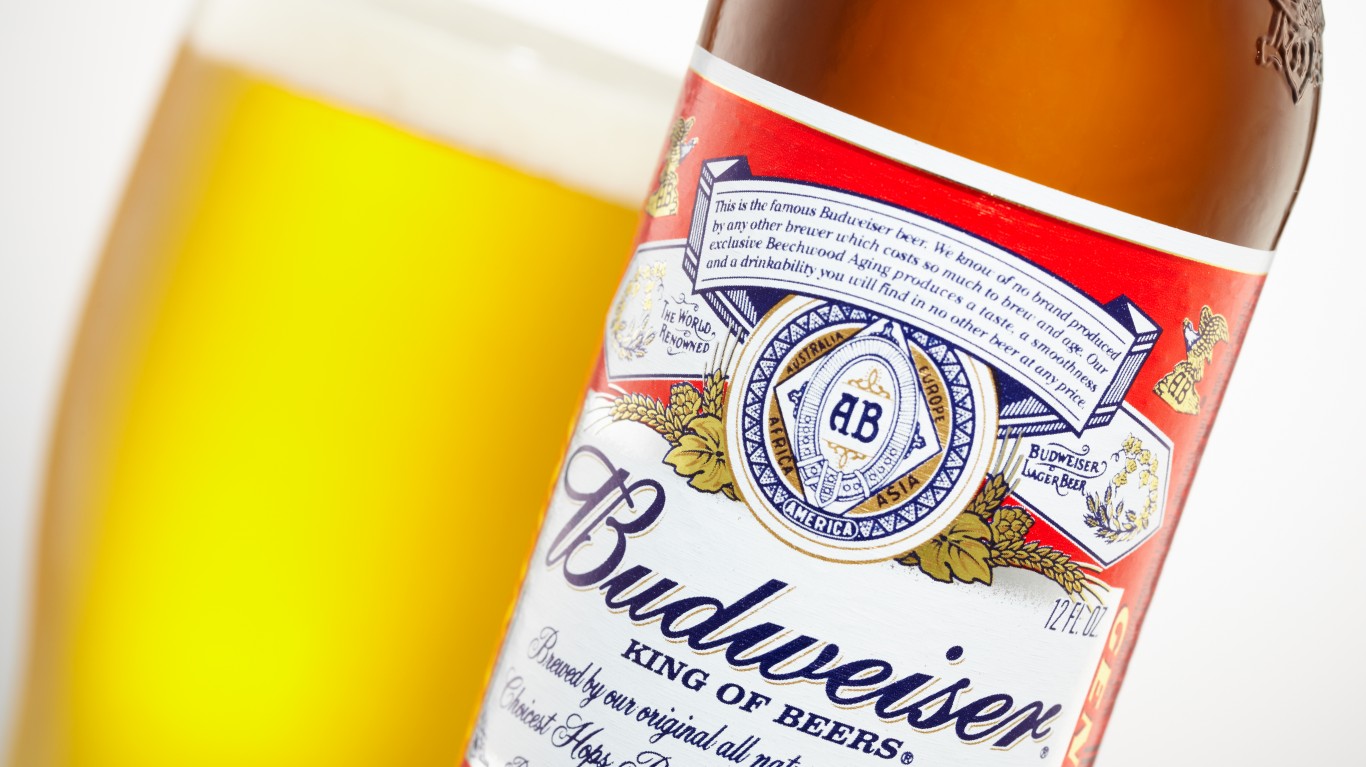
16. Budweiser
> Year introduced: 1876
> State of origin: Missouri
> Parent company: Anheuser-Busch InBev SA/NV
Anheuser-Busch created Budweiser in 1876 was able to quickly establish it as a national brand through innovative production and distribution methods, such as pasteurization and refrigerated rail cars. With its extensive railroad network, Anheuser-Busch was able to sell Budweiser outside of St. Louis, making it a national success. Today, “The King of Beers” is owned by Anheuser-Busch InBev, which was formed after Belgian brewer InBev acquired the American beer titan for $52 billion in 2008.
In 2019, Budweiser was the fourth most popular American beer, with 10.6 million barrels sold in the United States. While Coors Light and Miller Lite topped Budweiser and were second and third most popular beers, respectively, Budweiser’s low-calorie counterpart, Bud Light, was the most popular beer among Americans, shipping 27.2 million barrels.
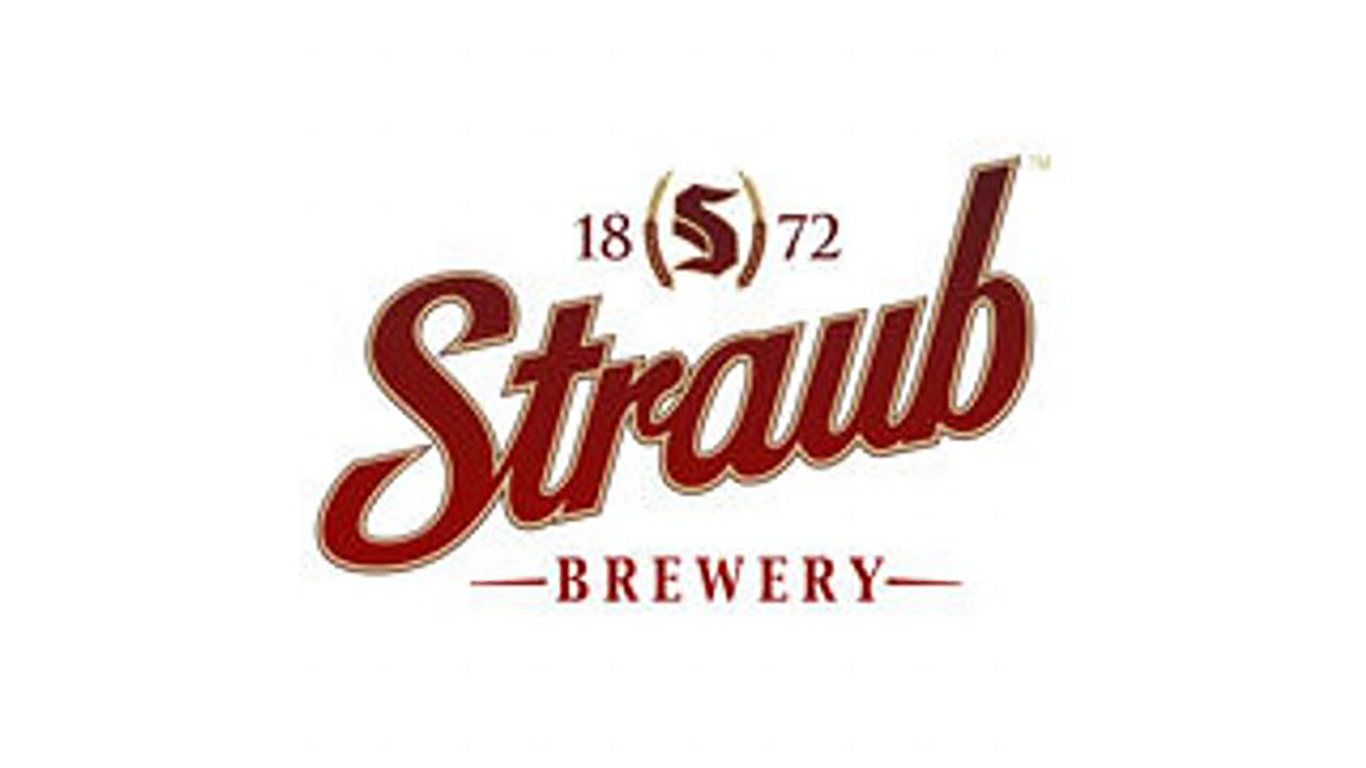
15. Straub
> Year introduced: 1872
> State of origin: Pennsylvania
> Parent company: Straub Brewery
Even though founder of Straub Brewery, Peter Straub, began brewing in 1872, he did not own the brewery until 1878. Straub was born and raised in Germany, where he became a craftsman constructing and repairing wooden barrels. He also, conveniently, became very familiar with brewing. At the age of 19, Straub made his way to the U.S. and ended up in Allegheny City, Pennsylvania. Straub passed away in 1913, but he passed his legacy down to his sons, who renamed the brewery to Peter Straub Sons Brewery.
[in-text-ad]
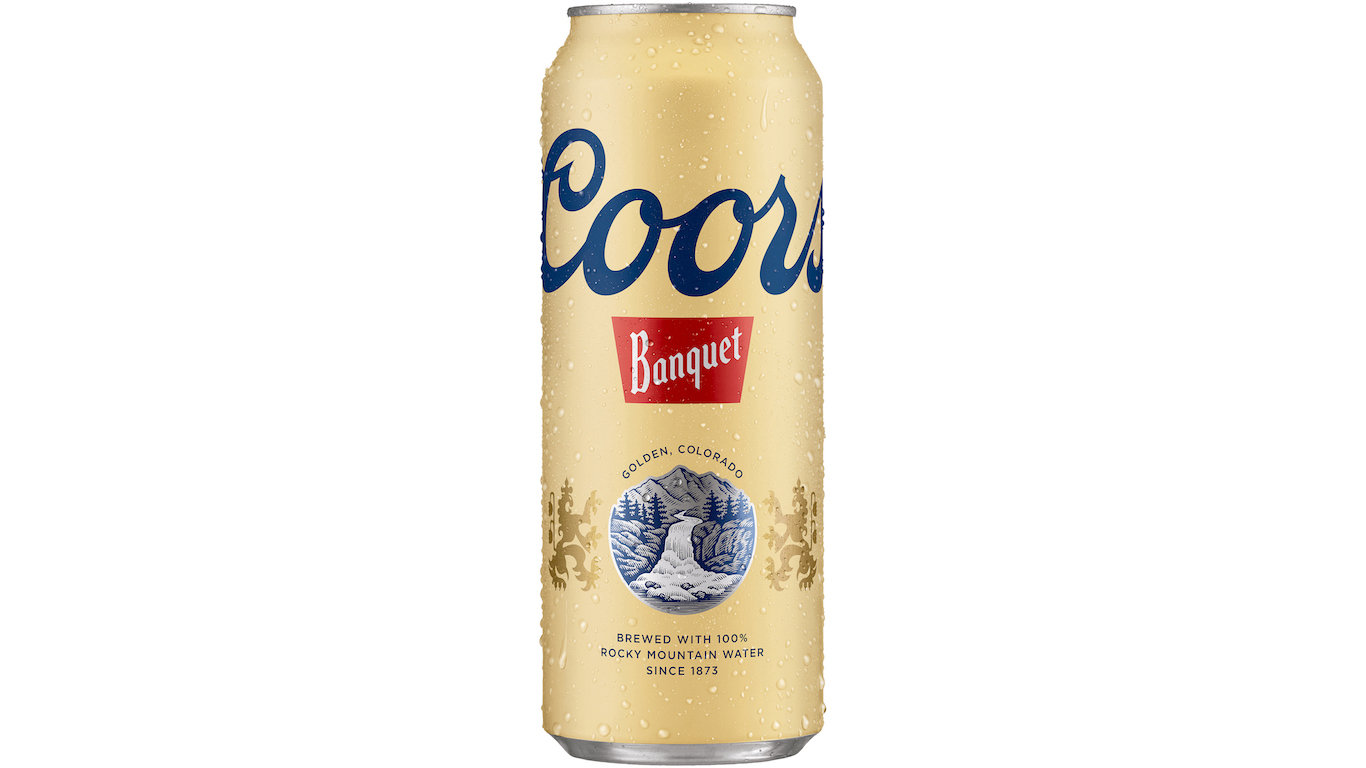
14. Coors Banquet
> Year introduced: 1873
> State of origin: Colorado
> Parent company: Molson Coors Brewing Company
Golden, Colorado-based Coors began selling its flagship lager in 1873. According to the MillerCoors website, the beer became a favorite of miners in the area. After Prohibition, Coors began calling its beer “The Banquet Beer” in honor of the feasts with Coors beer area workers would have after leaving the mines.
Coors Banquet’s low-calorie version, Coors Light, is the second best selling beer in America. With 14.0 million barrels shipped in 2019, Coors Light had a 6.8% market share. Only 1.5 million barrels of Coors Banquet were shipped in the United States in 2016, amounting to less than 1% of the U.S. market share.
13. Leinenkugel’s Original
> Year introduced: 1867
> State of origin: Wisconsin
> Parent company: Molson Coors Brewing Company
The Leinenkugel brewery, named after its founder, German immigrant Jacob Leinenkugel, was first brewed in Chippewa Falls, Wisconsin, in the late 19th century. The brewery’s website claims the brew was originally intended to “quench the thirst of over 2,500 lumberjacks.” Chippewa Falls was a logging town at the time. In 1988, Miller Brewing Company bought the Leinenkugel brand.
Today, Leinenkugel’s brewer, Molson Coors, produces a wide variety of flavors — over a dozen — off the old brew. In addition to Leinenkugel’s Original, the brewer produces Leinenkugel’s Snowdrift Vanilla Porter, Leinenkugel’s Summer Shandy, and Leinenkugel’s Oktoberfest.
12. Hamm’s
> Year introduced: 1865
> State of origin: Minnesota
> Parent company: Miller Coors Company
One of the oldest beers in America, Hamm’s celebrated its 150th anniversary in 2015. Hamm’s was first brewed in St. Paul, Minnesota, when Theodore Hamm opened a brewery in 1865. The operation remained family-owned until 1968, surviving Prohibition by producing soft drinks, syrups, and other food products.
While the Hamm’s brand has changed hands many times in the past several decades, Hamm’s is now owned by the Molson Coors Brewing Company. In addition to the original brew, Molson Coors also produces Hamm’s Light.
[in-text-ad-2]
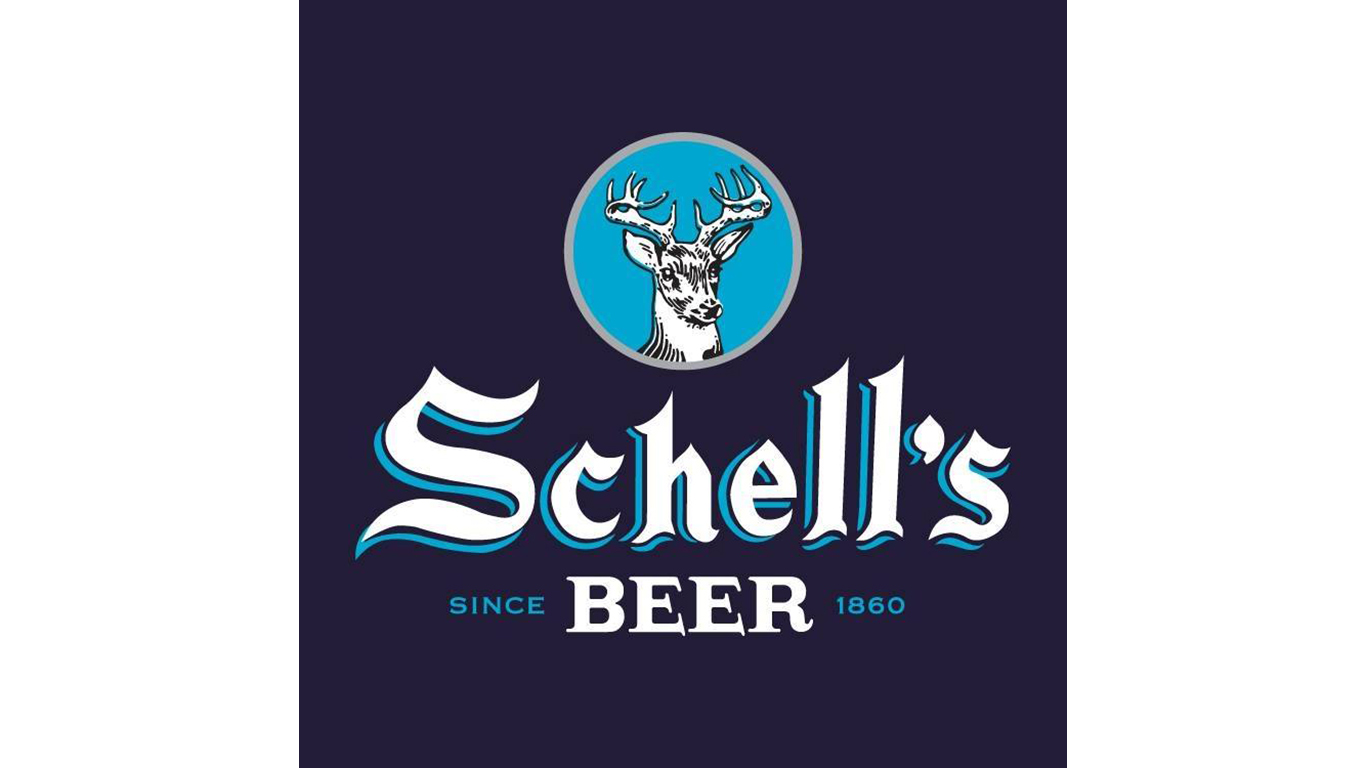
11. Schell’s
> Year introduced: 1860
> State of origin: Minnesota
> Parent company: August Schell Brewing Company
Founded in 1860, Schell’s Brewery has been around for nearly 160 years. August Schell partnered with Jacob Bernhardt, a former expert in brewing, to build the brewery in New Ulm, Minnesota. Schell bought out the brewery from his partner just six years later. Upon Schell’s death in 1981, his wife Theresa and their son Otto took ownership of the brewery. By the start of the 20th century, Otto introduced refrigeration to the brewery, which enabled the family to brew year-round. Today, the flagship beer is the Deer Brand, which was developed just before the Prohibition era.
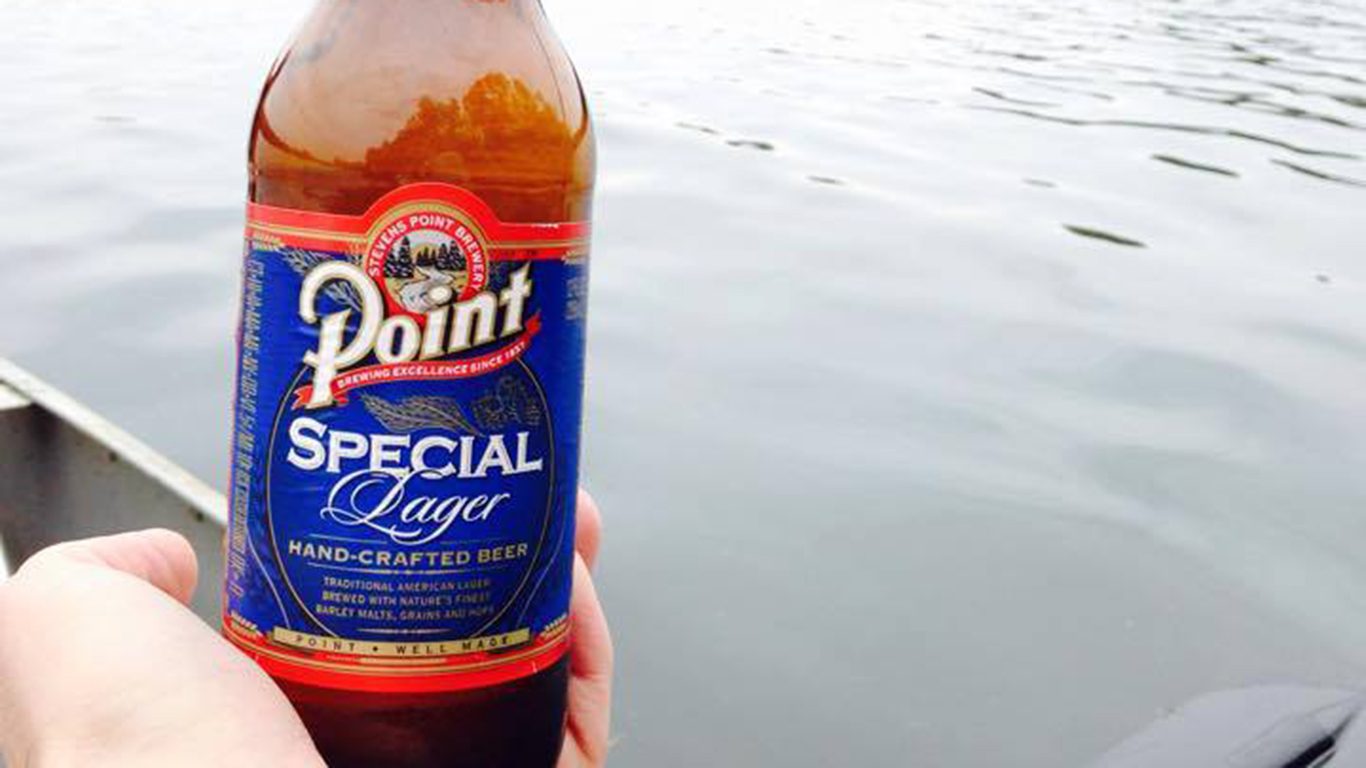
10. Point Special Lager
> Year introduced: 1857
> State of origin: Wisconsin
> Parent company: Stevens Point Brewery
Stevens Point Brewery, the home of the Point Special Lager, celebrated its 160-year anniversary last year. German immigrants George Ruder and Frank Wahle began brewing beer in Stevens Point, Wisconsin, in 1857. After Gustav Kuenzel bought the brewery some 40 years later, he changed its name to the current name in 1902.
Through all of the ownership changes over the past century and a half, Point Special Lager has kept its status as the brewery’s flagship brew. Its origins date back to the brewery’s first year in business.
[in-text-ad]
9. Weinhard’s Private Reserve
> Year introduced: 1856
> State of origin: Oregon
> Parent company: MillerCoors
Henry Weinhard, the founder of Weinhard’s Private Reserve, goes down in history as the pioneer brewer of the Pacific Coast. Weinhard was born in Lindenbronn, mores specifically in the Württemberg region that is now Germany, in 1830. As a young 20 something, he moved to the United States around 1852, where he worked in Philadelphia, Cincinnati, and then St. Louis. After a few years in the Northeast and Midwest, Weinhard made his way to Portland, Oregon, by ship and by April 1, 1856, the Private Reserve was born. Weinhard’s Private Reserve was bought by MillerCoors LLC..
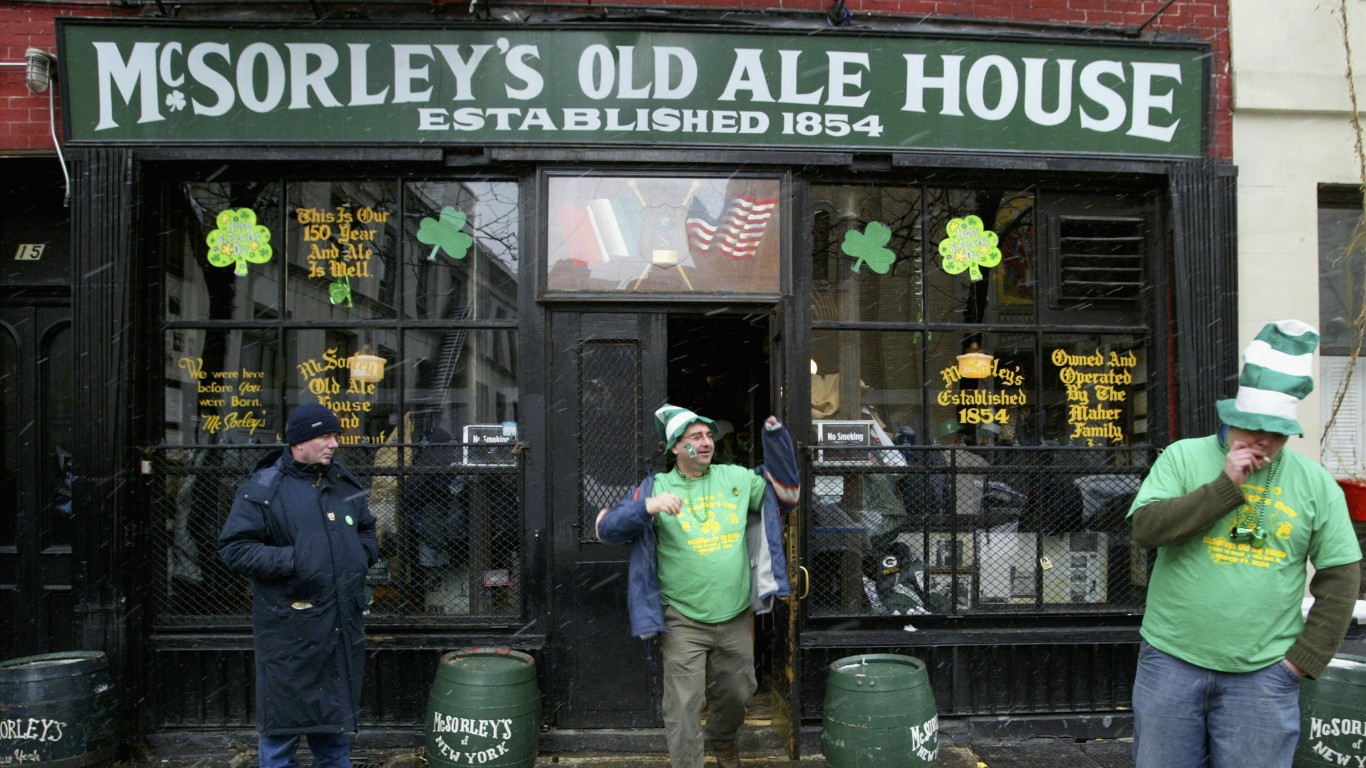
8. McSorley’s
> Year introduced: 1854
> State of origin: New York
> Parent company: Pabst Brewing Company
McSorley’s Old Ale House was established in 1854, making it New York City’s oldest operating saloon. John McSorley of Tyrone, Ireland, arrived in New York City just three years before he opened what was then called The Old Ale House at Home, located on 15 E. 7th street. Since its inception, many important figures have waltzed into McSorley’s, including President Abraham Lincoln and Beatles member John Lennon. Pabst Brewing Company now owns the beer brand.
7. Stroh’s
> Year introduced: 1850
> State of origin: Michigan
> Parent company: Pabst Brewing Company
Immigrating the United States from Germany in 1849 and taking with him a family beer recipe, Bernhard Stroh opened Lion’s Head Brewery in Detroit, Michigan, in 1850. Though it was acquired by Pabst Brewing Company in 1999, the brewery’s flagship beer still bears the founder’s family name, Stroh’s. It is one of several formerly independent brews now under the Pabst umbrella.
[in-text-ad-2]
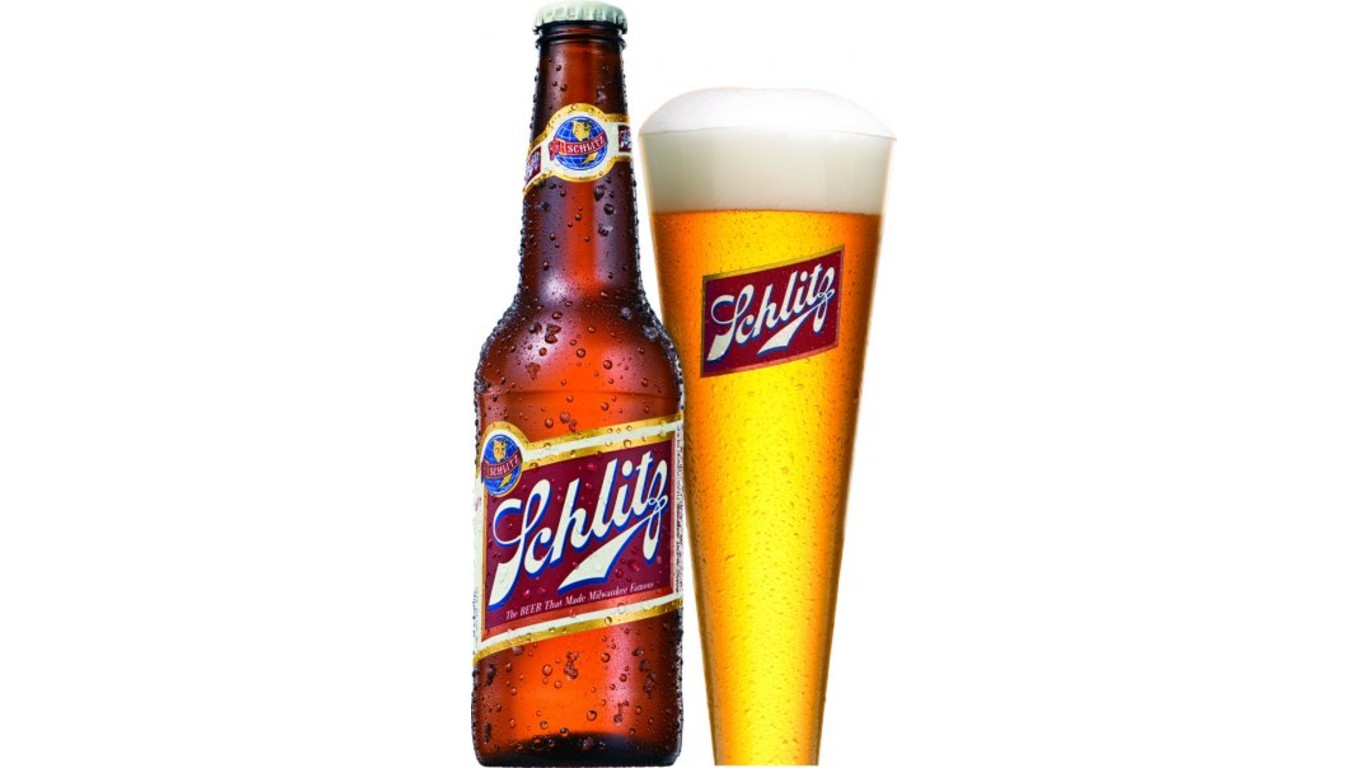
6. Schlitz
> Year introduced: 1849
> State of origin: Wisconsin
> Parent company: Pabst Brewing Company
Schlitz was founded in Milwaukee, Wisconsin, in 1849, eventually gaining both national and international appeal. By 1902, it became the largest brewery worldwide. Schlitz was responsible for several innovations in the beer industry that drinkers today take for granted, including the brown bottle in 1912 and the 16 oz. “tall boy” can in 1956.
Schlitz is one of several Midwest-based beer brands resurrected by Pabst Brewing Company. Pabst purchased Schlitz in 1999 as part of the same transaction that involved the acquisitions of Stroh’s, another brand on this list.
5. Old Milwaukee
> Year introduced: 1849
> State of origin: Wisconsin
> Parent company: Pabst Brewing Company
The aptly named Old Milwaukee was first brewed in Milwaukee, Wisconsin, over 170 years ago. Formerly owned by the Schlitz Brewing Company, the Old Milwaukee brand was bought by Stroh’s, which was then acquired by the Pabst Brewing Company. Old Milwaukee Light, a low-calorie version of the classic brew, was introduced in 1980.
[in-text-ad]
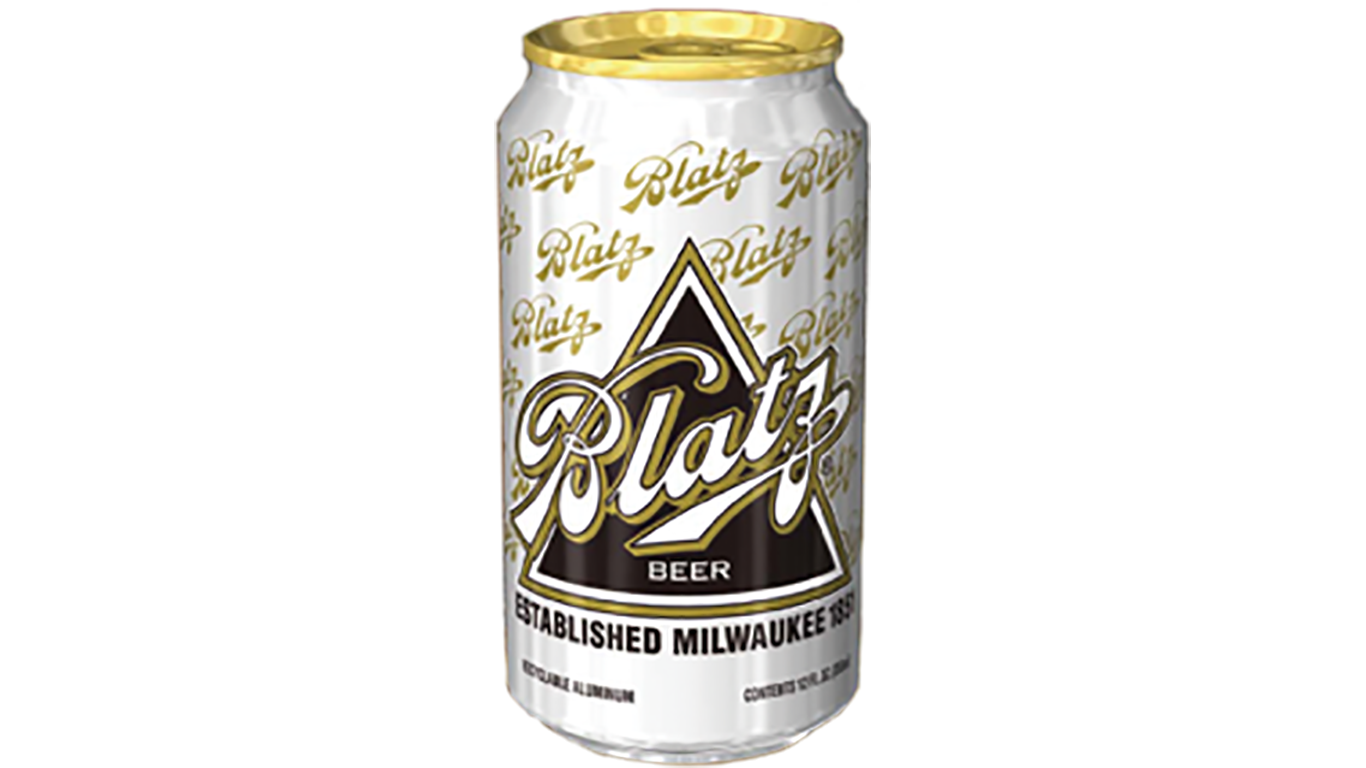
4. Blatz Beer
> Year introduced: 1846
> State of origin: Wisconsin
> Parent company: Pabst Brewing Company
Quite a few brews that are still around today got their start in the mid-to-late 19th century in Wisconsin, and Blatz Beer was one of the first. John Braun is technically the original founder, having opened what was initially called City Brewery in 1846. Braun was able to produce 150 barrels per year until 1851, when a former employee by the name of Valentine Blatz opened his own brewery right next door. Braun didn’t live past that year, so Blatz swept in and married Braun’s widowed wife and merged the two breweries into one mass production. Blatz became the third largest beer producer in Milwaukee by 1884.
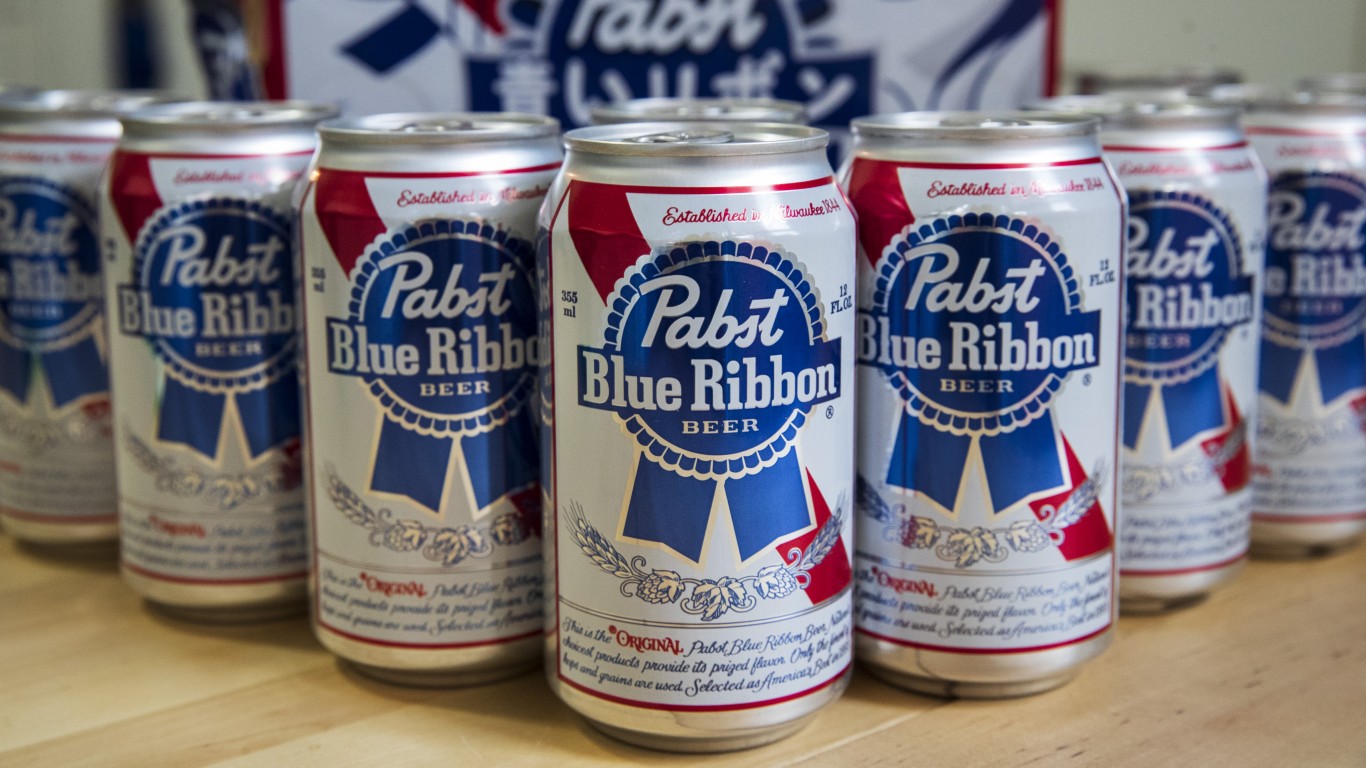
3. Pabst Blue Ribbon Beer
> Year introduced: 1844
> State of origin: Wisconsin
> Parent company: Pabst Brewing Company
Founded in 1844, Pabst Blue Ribbon was originally known as Best Select Lager. After earning awards at several international beer competitions, the brewery began tying blue ribbons to its beer bottles. Following years of customers associating the brew with the iconic blue ribbon, the beer’s name officially changed in 1898 to the one U.S. beer drinkers recognize today.
2. Schaefer
> Year introduced: 1842
> State of origin: New York
> Parent company: Pabst Brewing Company
Brothers Frederick and Maximilian Schaefer from Prussia established F&M Schaefer Brewing Company in 1842. The brothers were able to acquire the small brewery that Frederick had previously worked at in Manhattan. Once Maximilian’s son assumed control of the company, he moved the factory to Williamsburg, a neighborhood in Brooklyn, in 1919. The factory in Brooklyn closed officially in 1976, and the Schaefer beer brand is now owned by beer giant Pabst Brewing Company.
[in-text-ad-2]
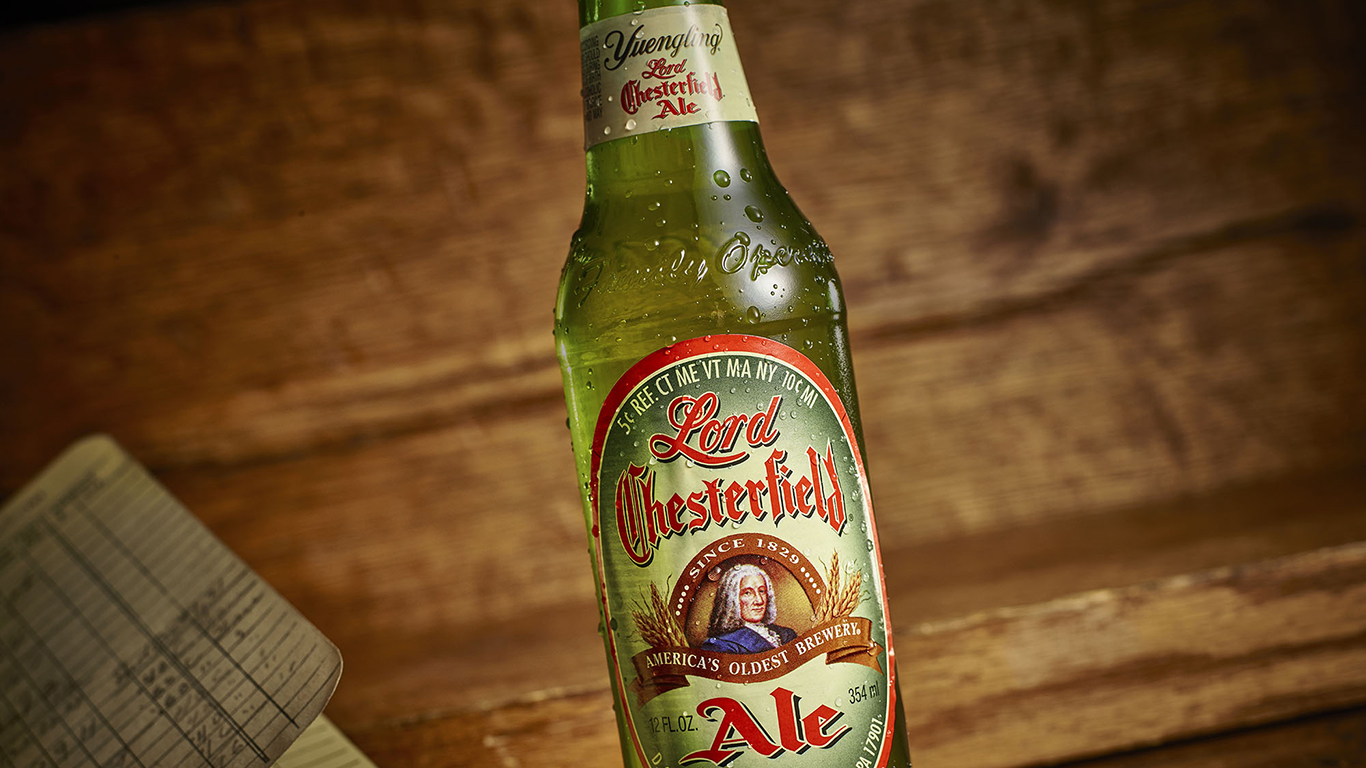
1. Yuengling Lord Chesterfield Ale & Porter
> Year introduced: 1829
> State of origin: Pennsylvania
> Parent company: Yuengling Brewing
America’s oldest brewery, Yuengling, was founded by David G. Yuengling in Pottsville, Pennsylvania, in 1829 — two decades before the next oldest widely-available beer that is still sold today. Originally called Eagle Brewery, the name was changed to D.G. Yuengling & Son in 1873. During Prohibition, Yuengling sold dairy products and near-beer to remain profitable.
Nearly 190 years after the brewery was founded, Yuengling is still a relatively popular beer today. The brewery shipped 2.0 million barrels within the United States in 2019, accounting for about one in every 100 beers sold in the U.S. market.
Take Charge of Your Retirement: Find the Right Financial Advisor For You in Minutes (Sponsor)
Retirement planning doesn’t have to feel overwhelming. The key is finding professional guidance—and we’ve made it easier than ever for you to connect with the right financial advisor for your unique needs.
Here’s how it works:
1️ Answer a Few Simple Questions
Tell us a bit about your goals and preferences—it only takes a few minutes!
2️ Get Your Top Advisor Matches
This tool matches you with qualified advisors who specialize in helping people like you achieve financial success.
3️ Choose Your Best Fit
Review their profiles, schedule an introductory meeting, and select the advisor who feels right for you.
Why wait? Start building the retirement you’ve always dreamed of. Click here to get started today!
Thank you for reading! Have some feedback for us?
Contact the 24/7 Wall St. editorial team.
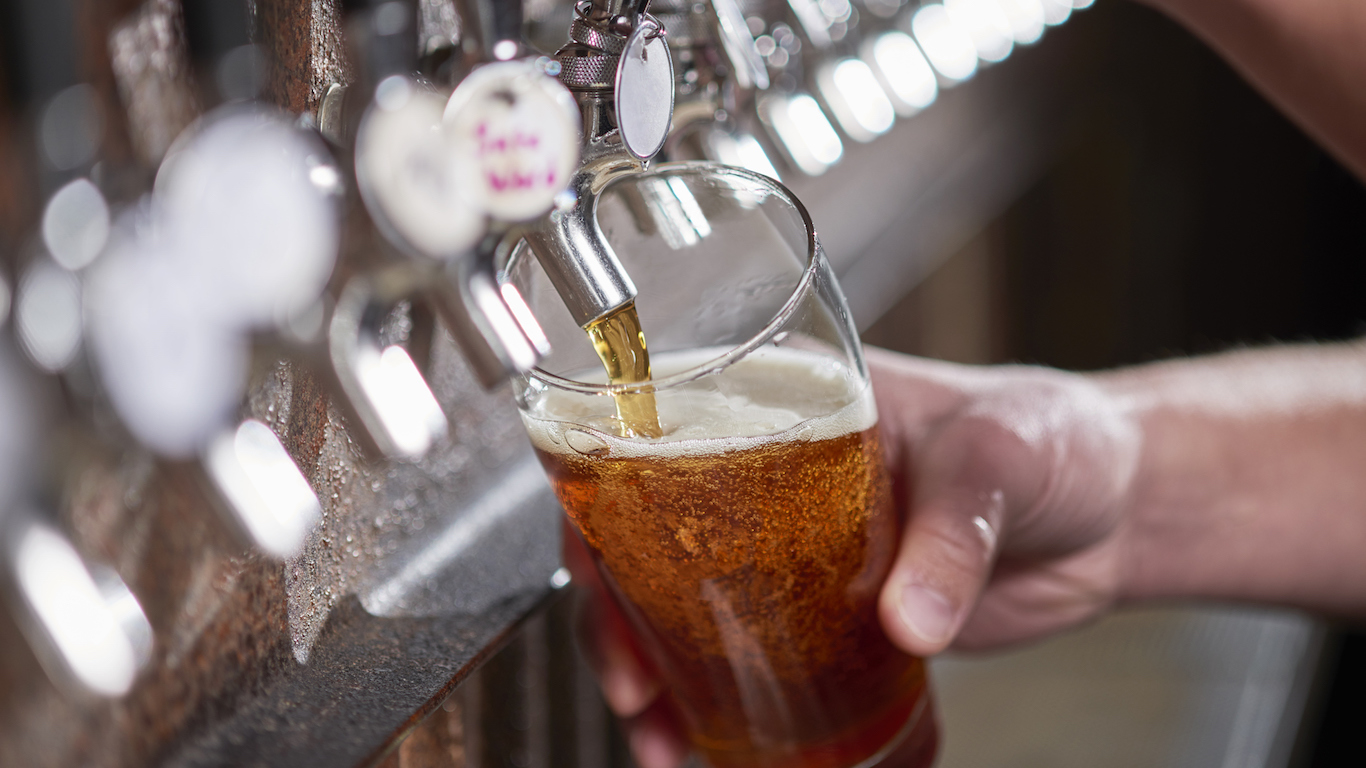 24/7 Wall St.
24/7 Wall St.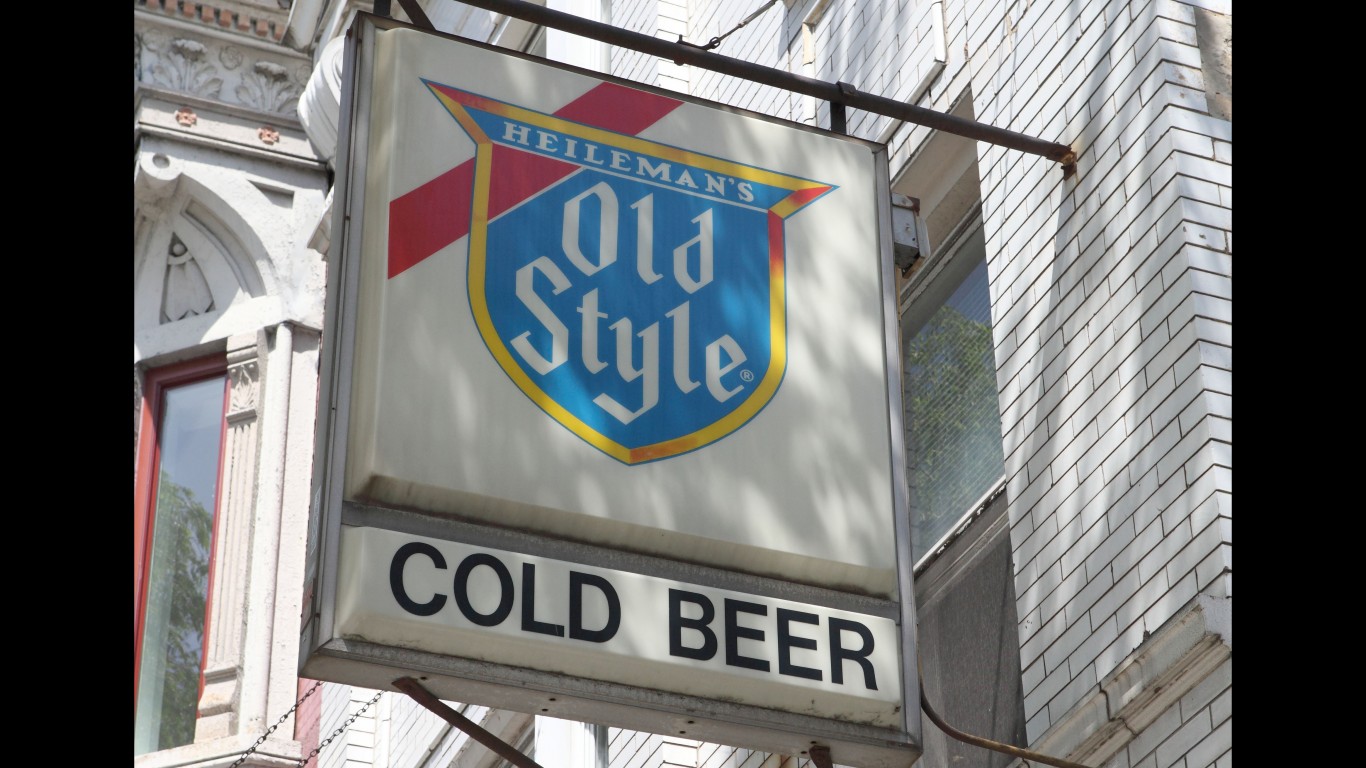
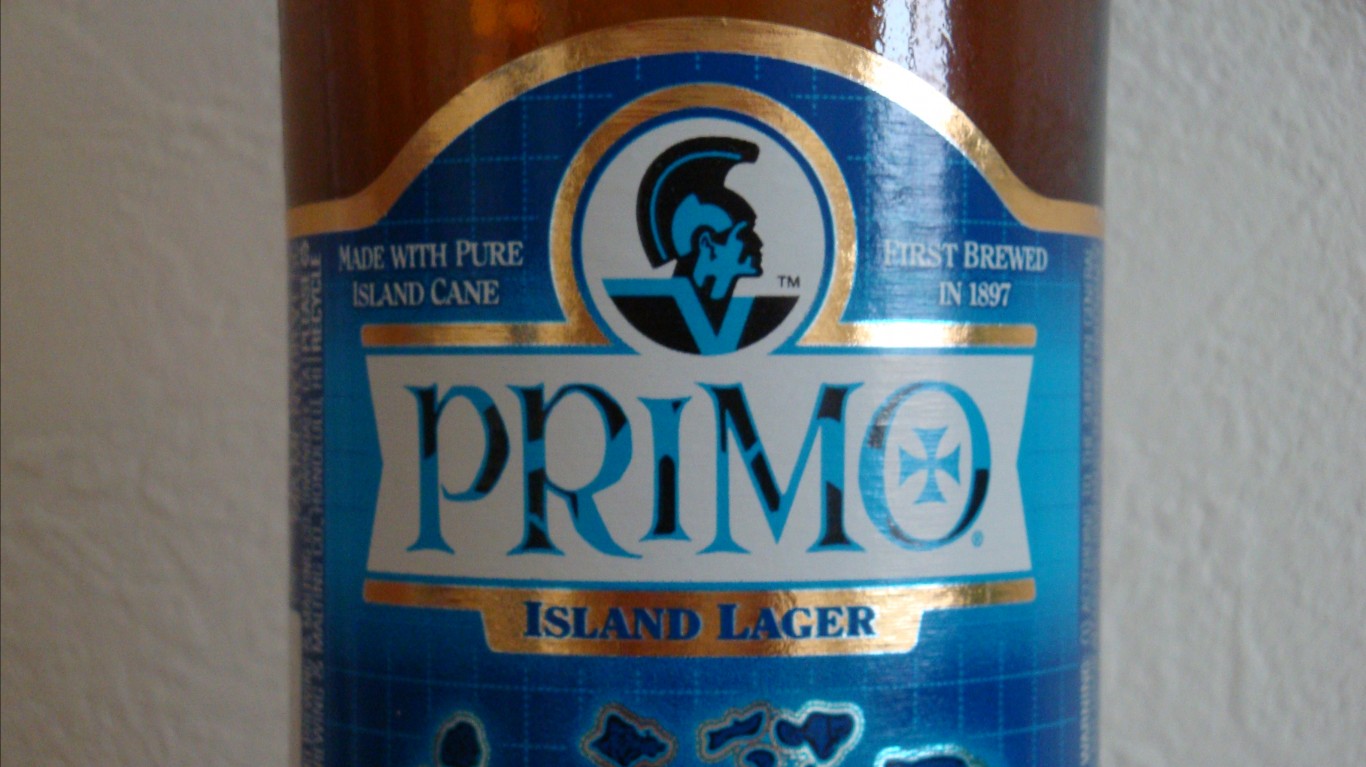
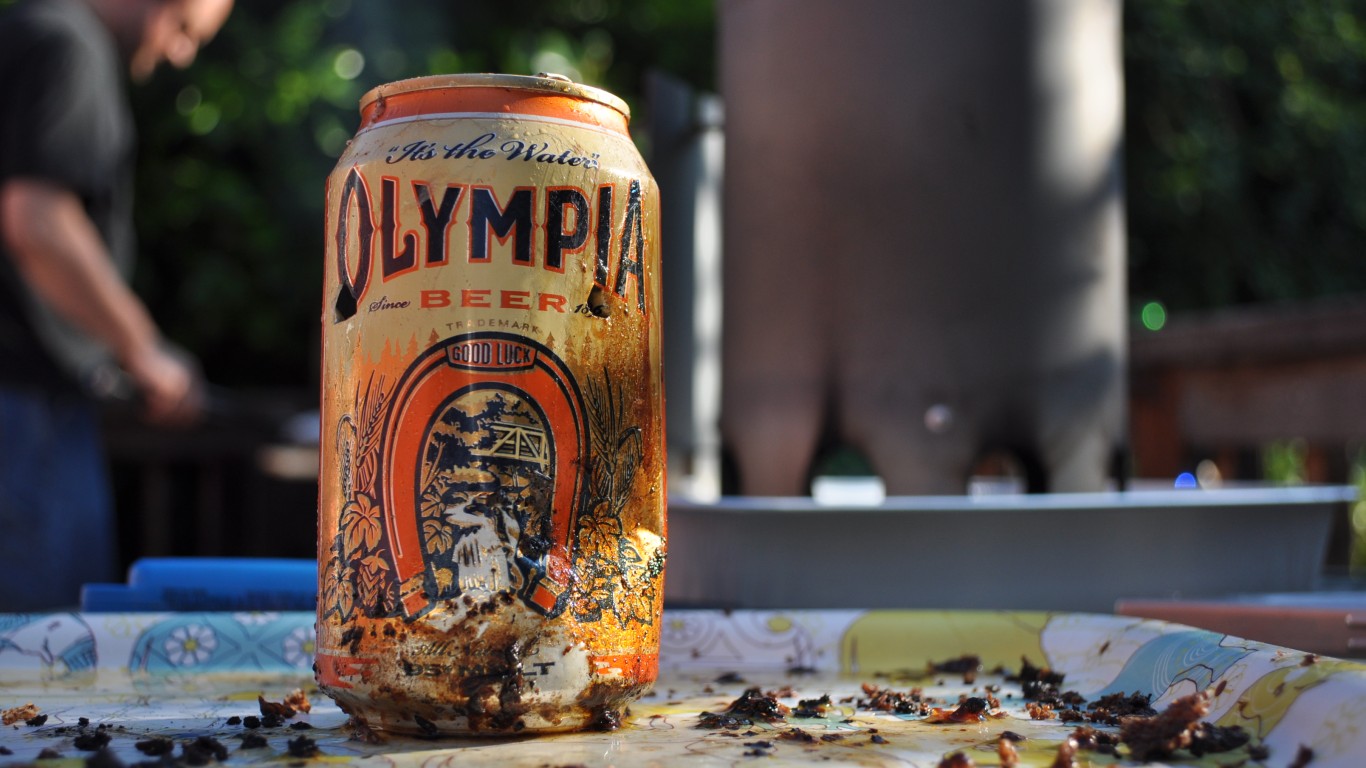
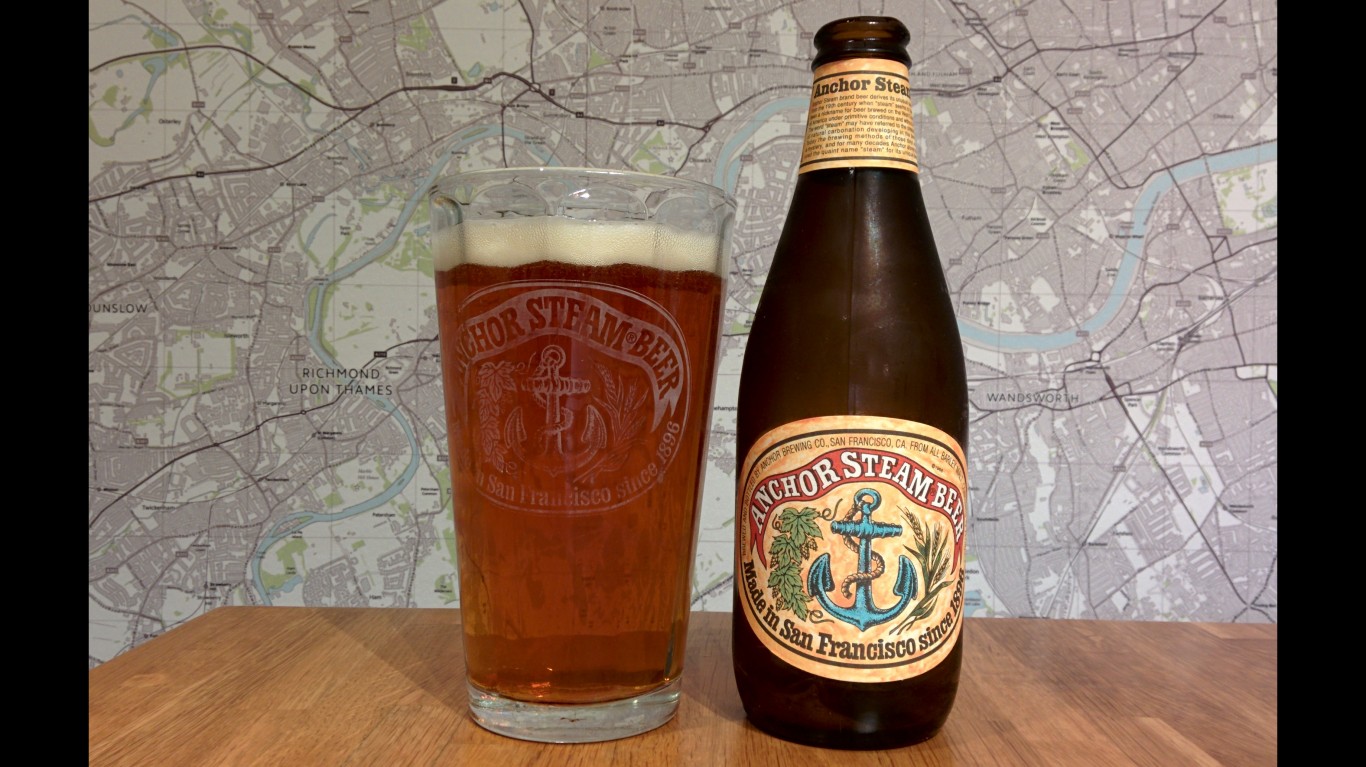
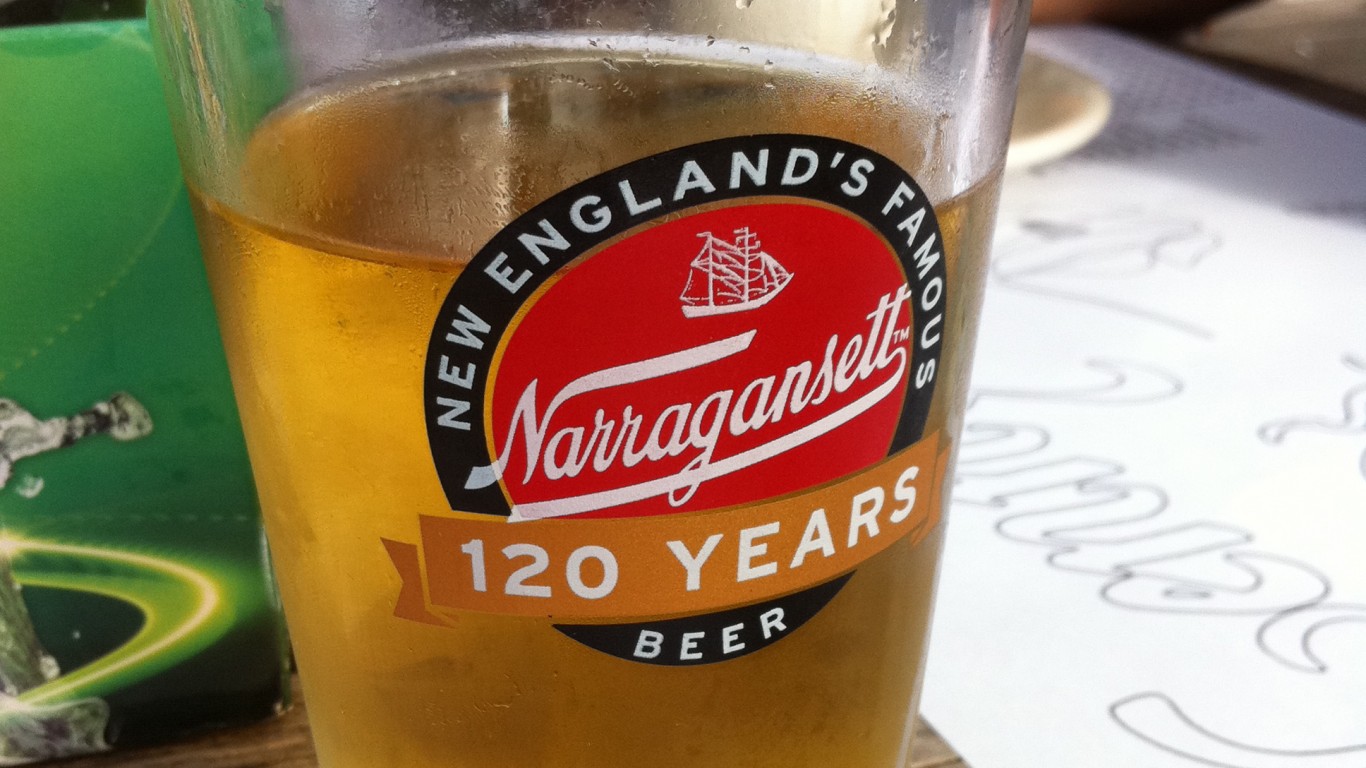
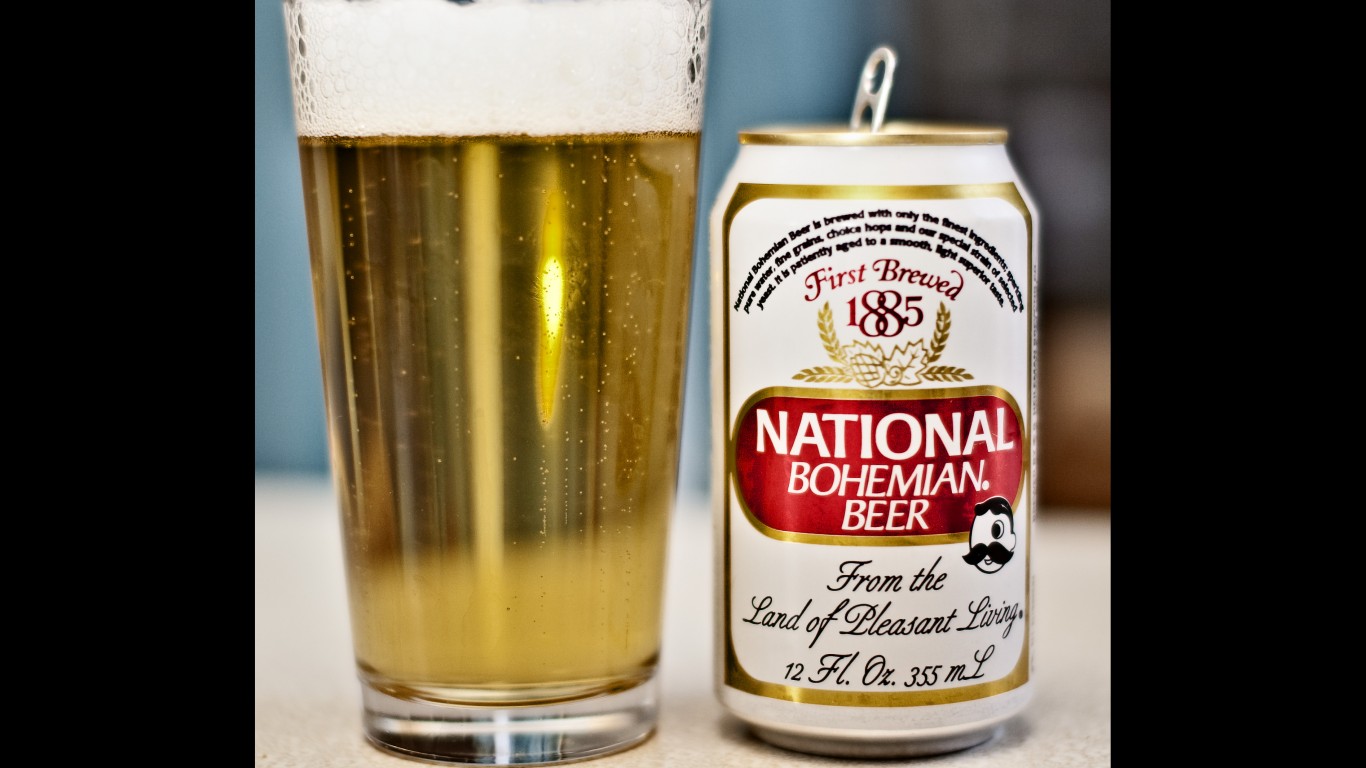
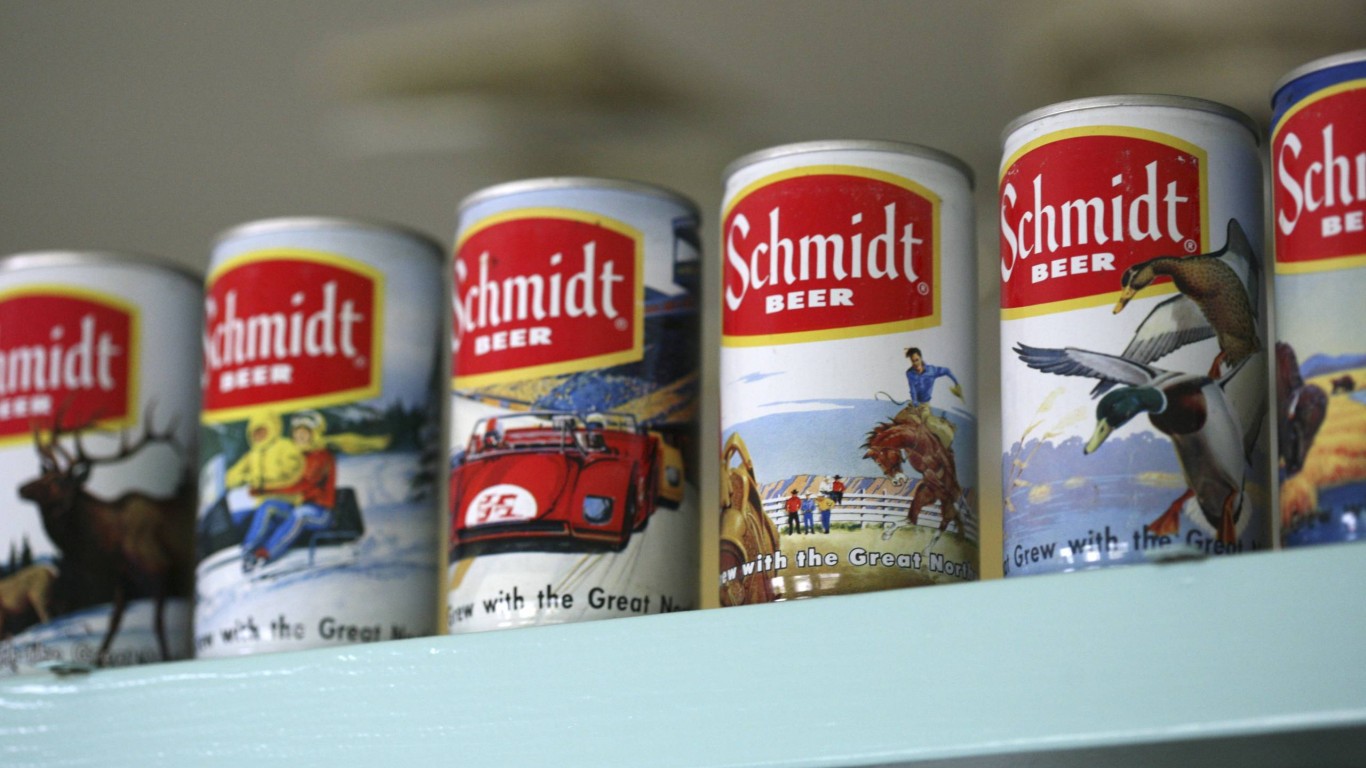
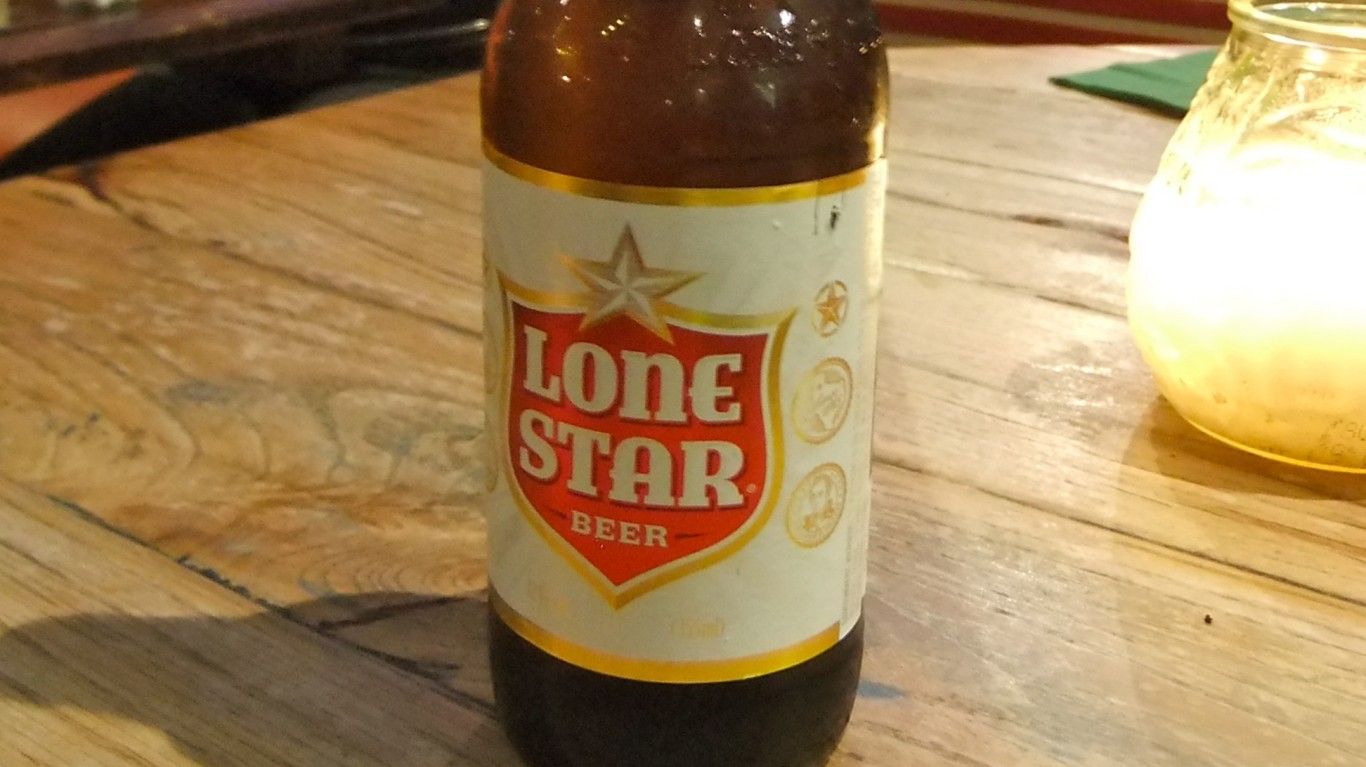
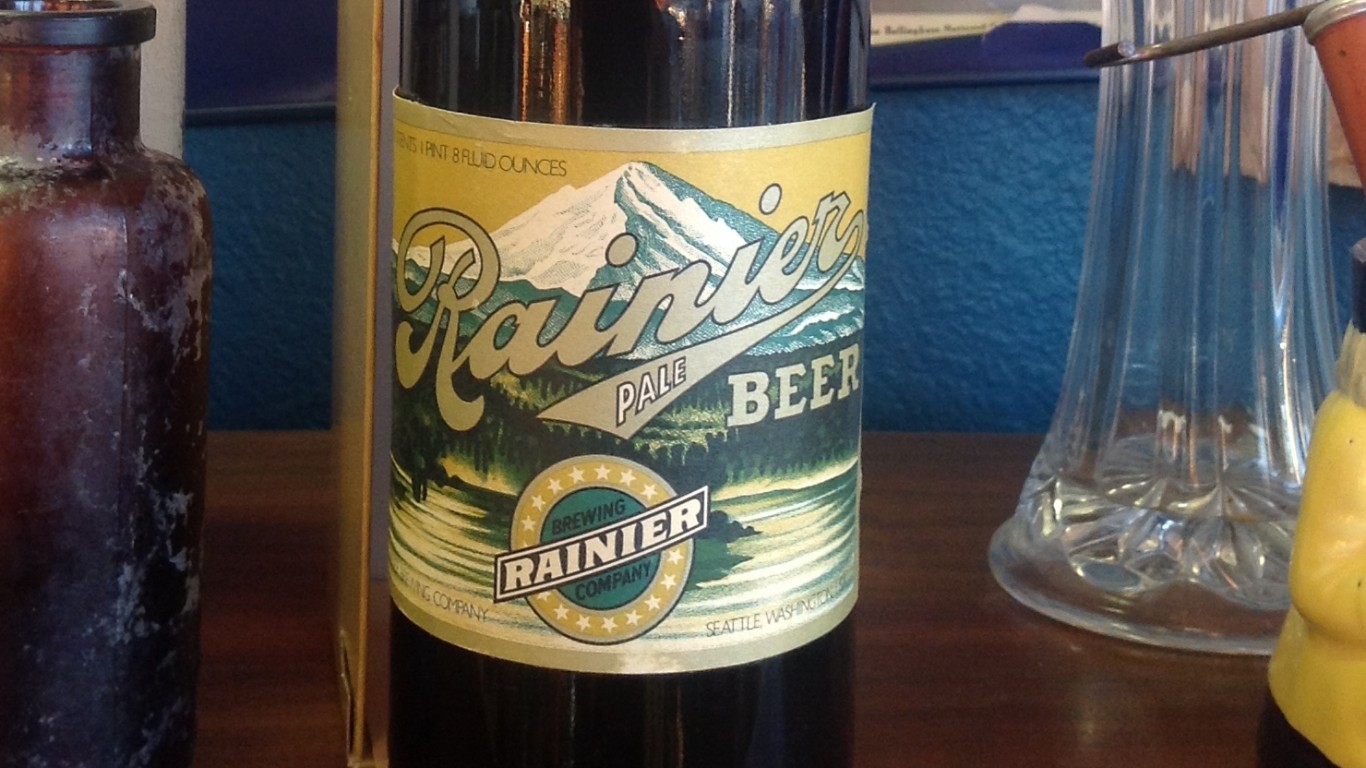
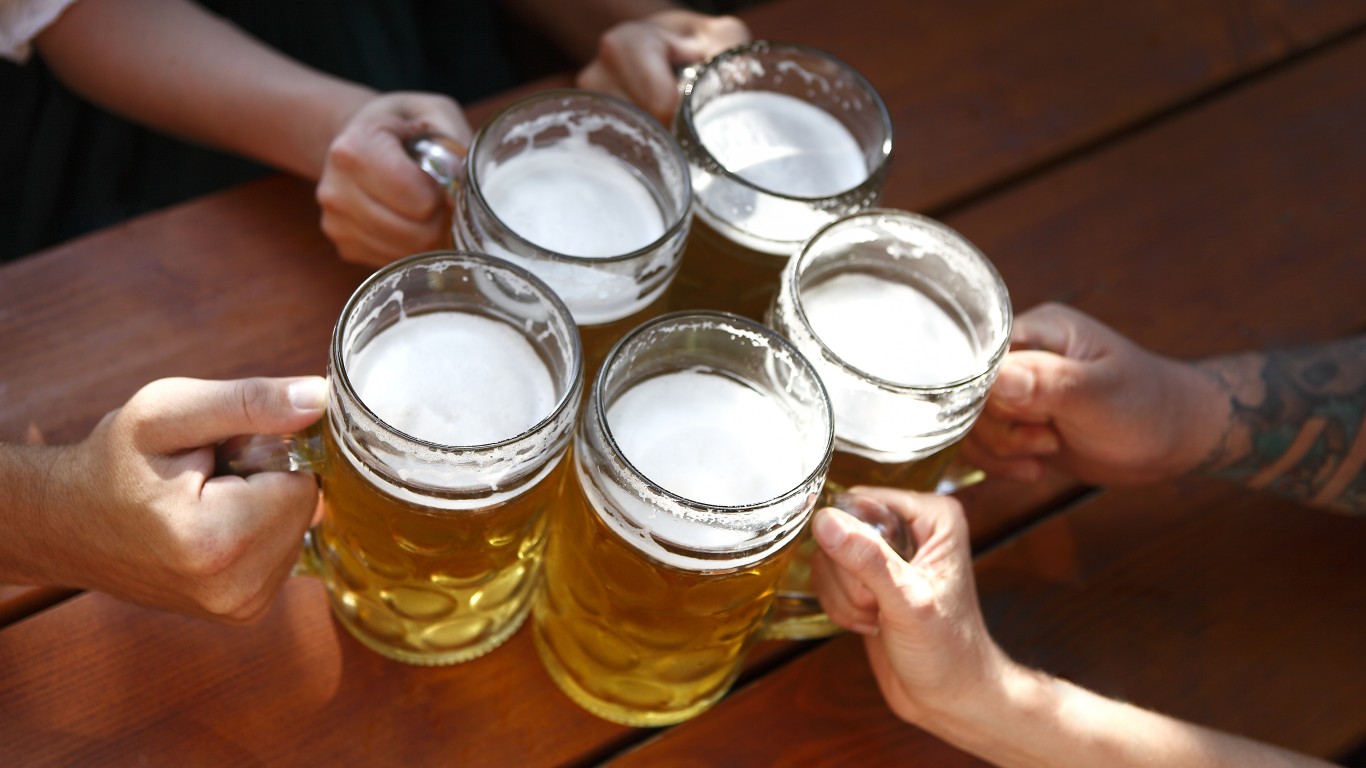 24/7 Wall St.
24/7 Wall St.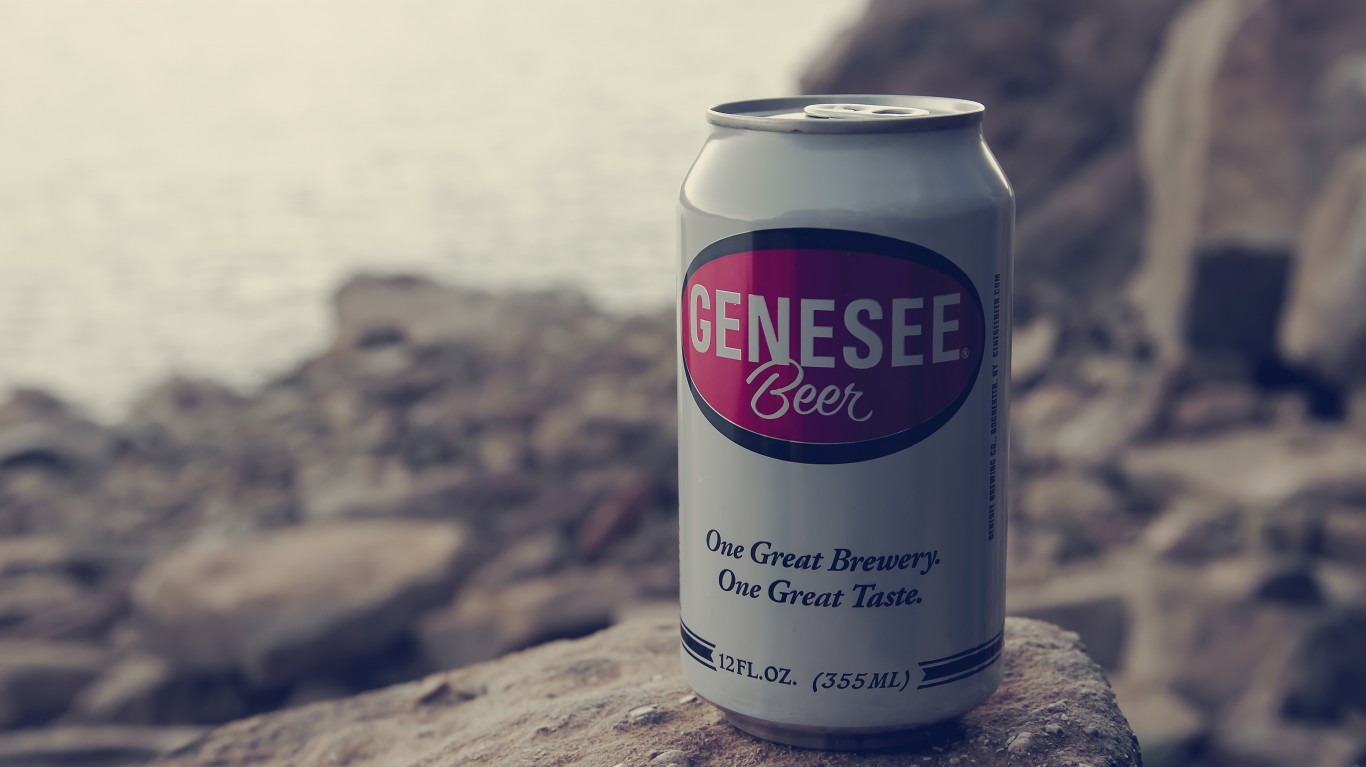
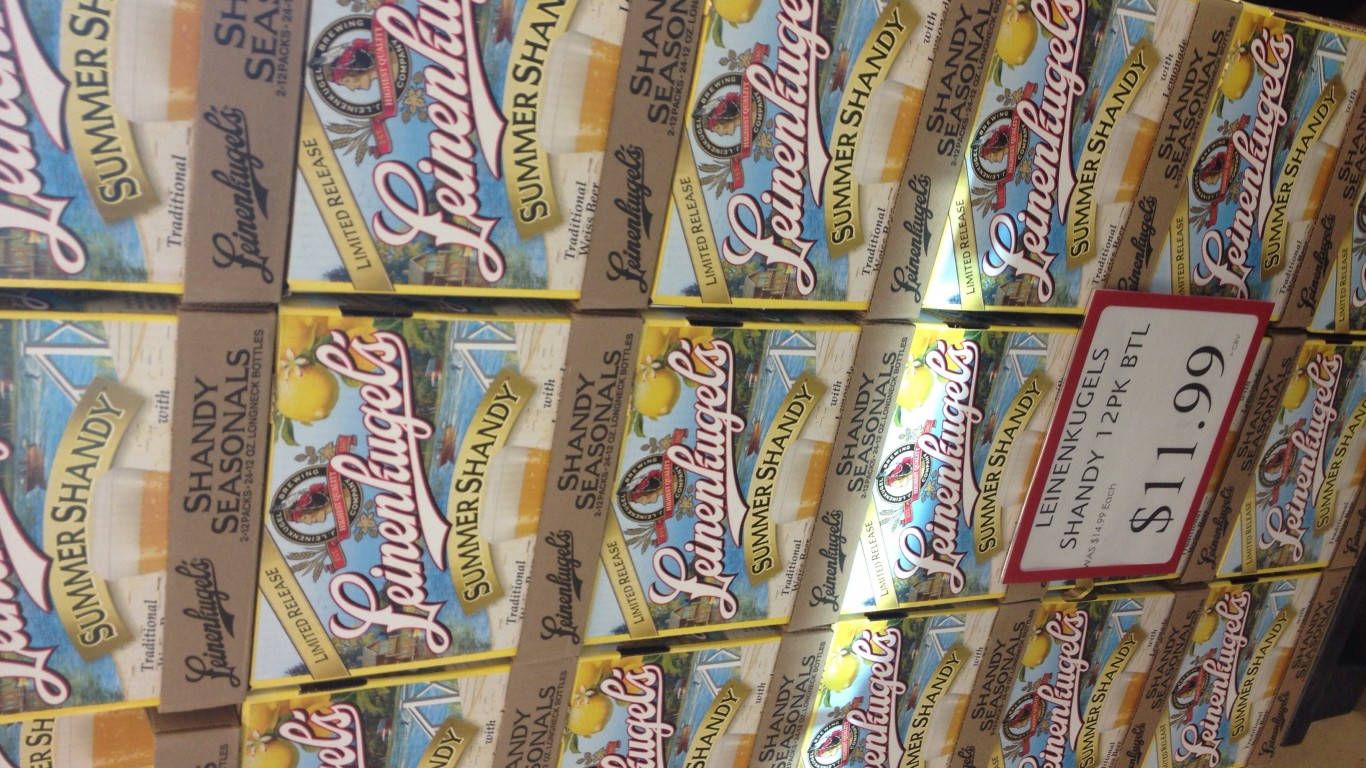
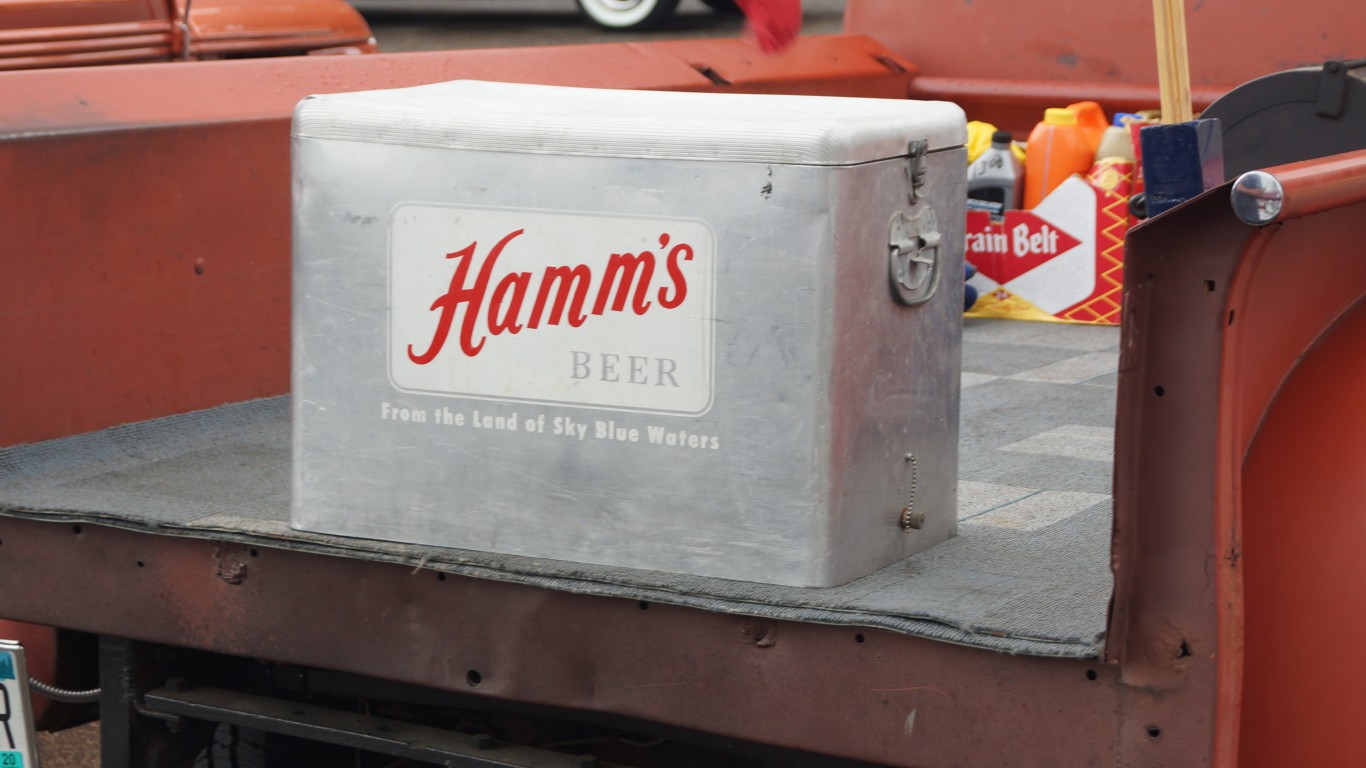
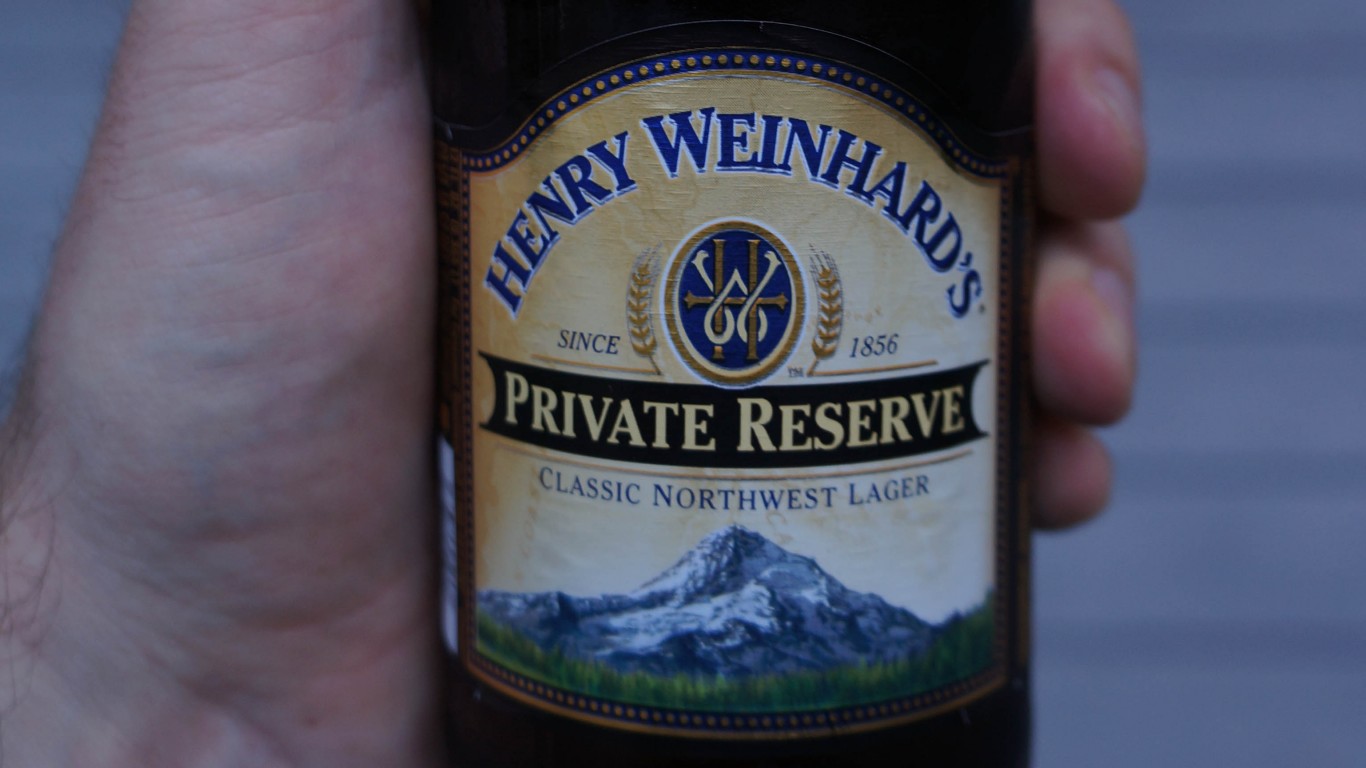
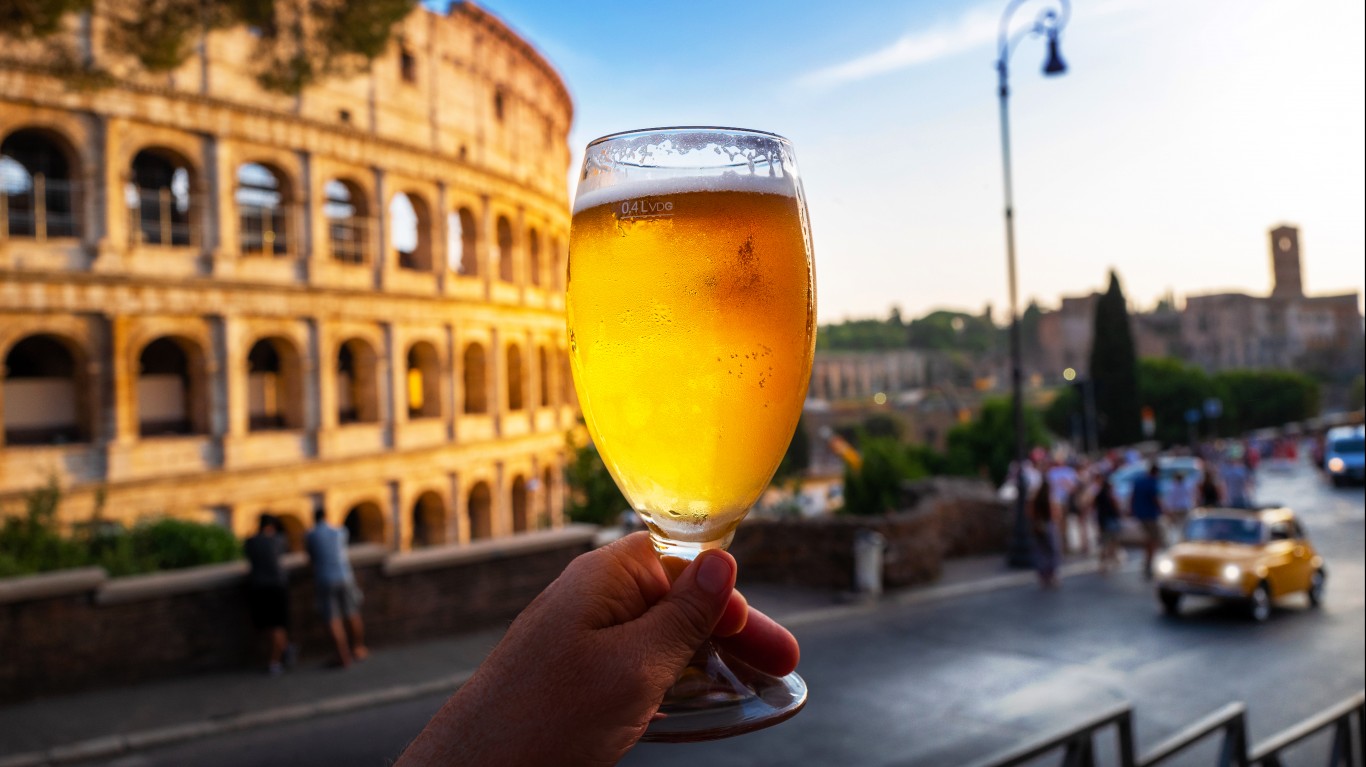 24/7 Wall St.
24/7 Wall St.